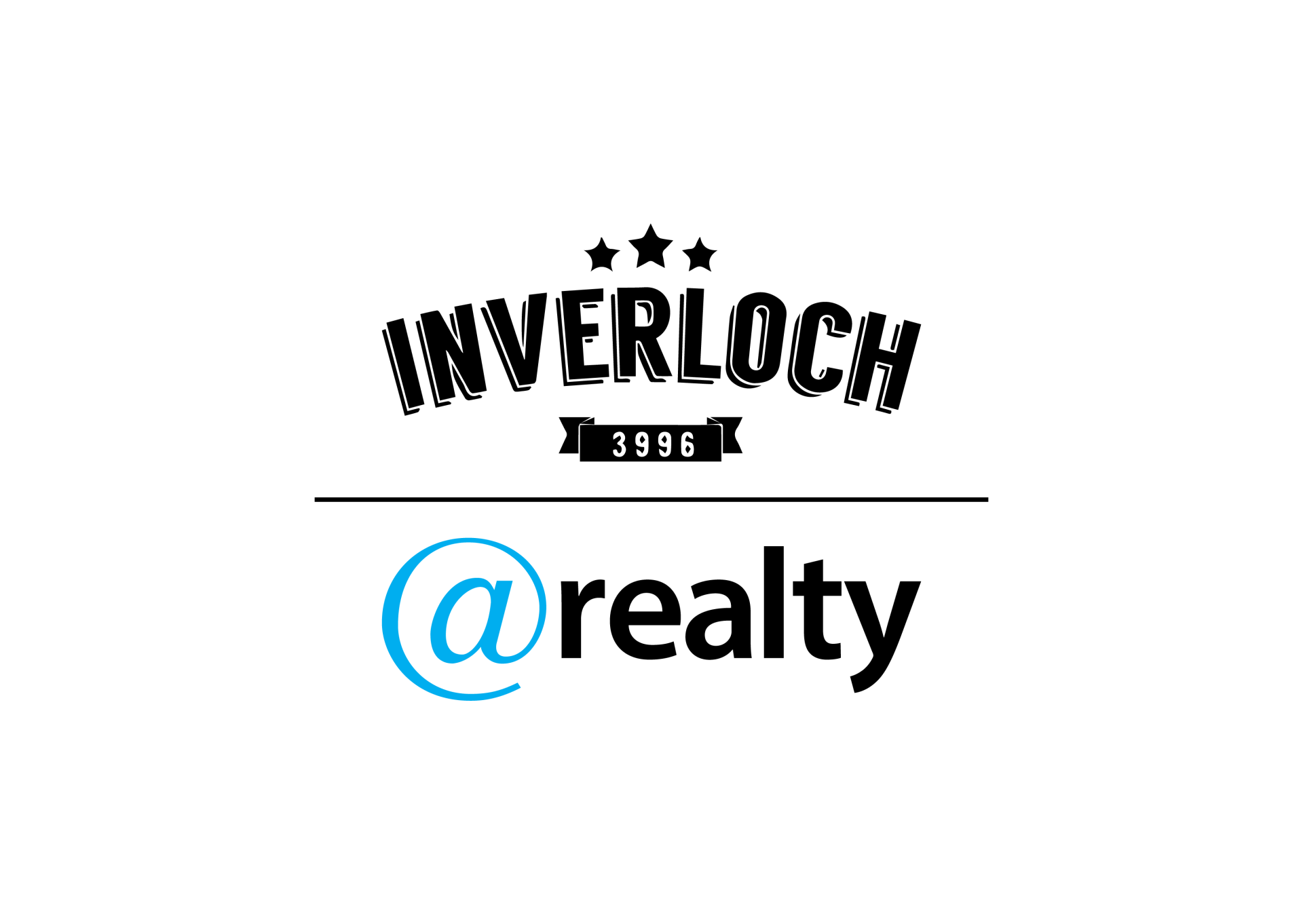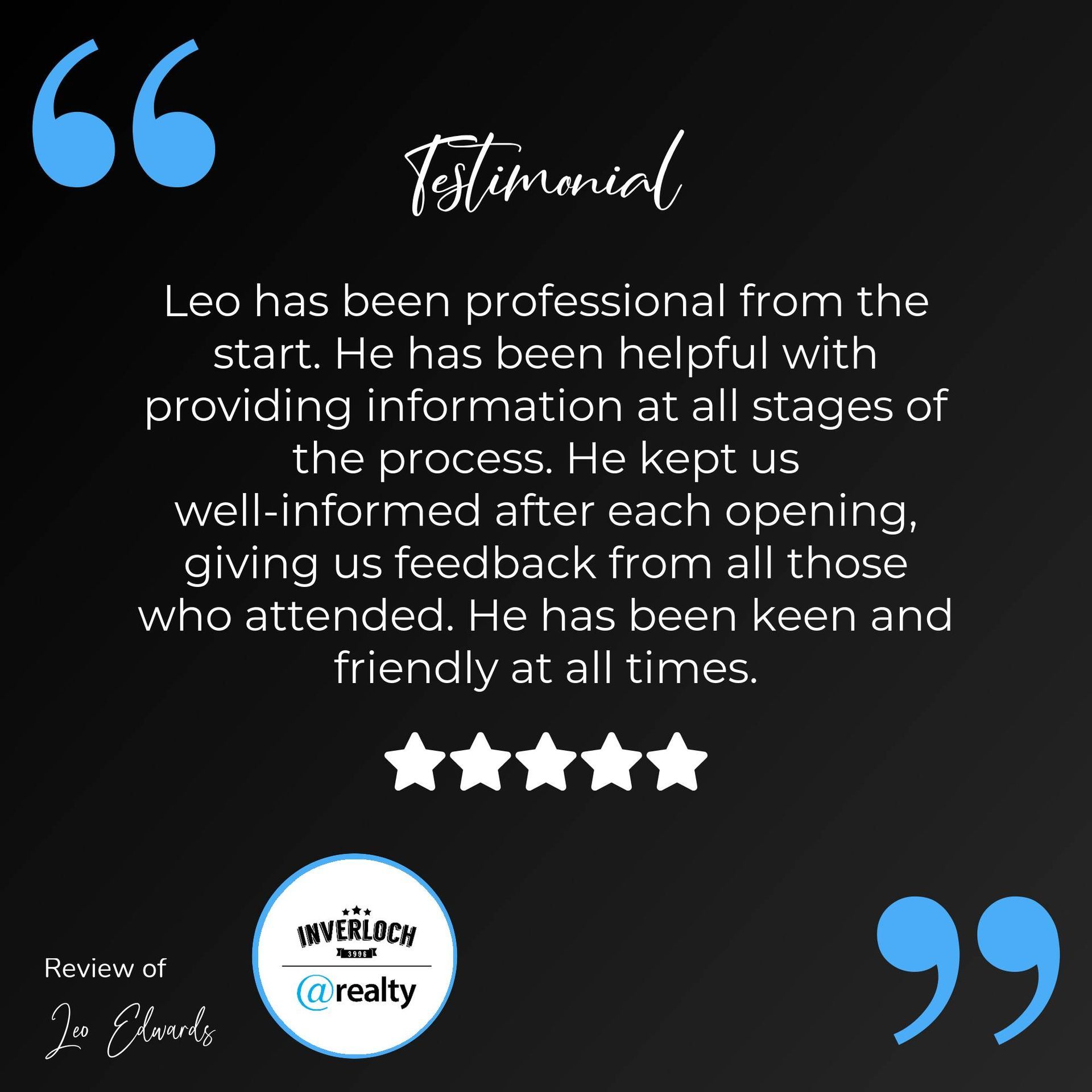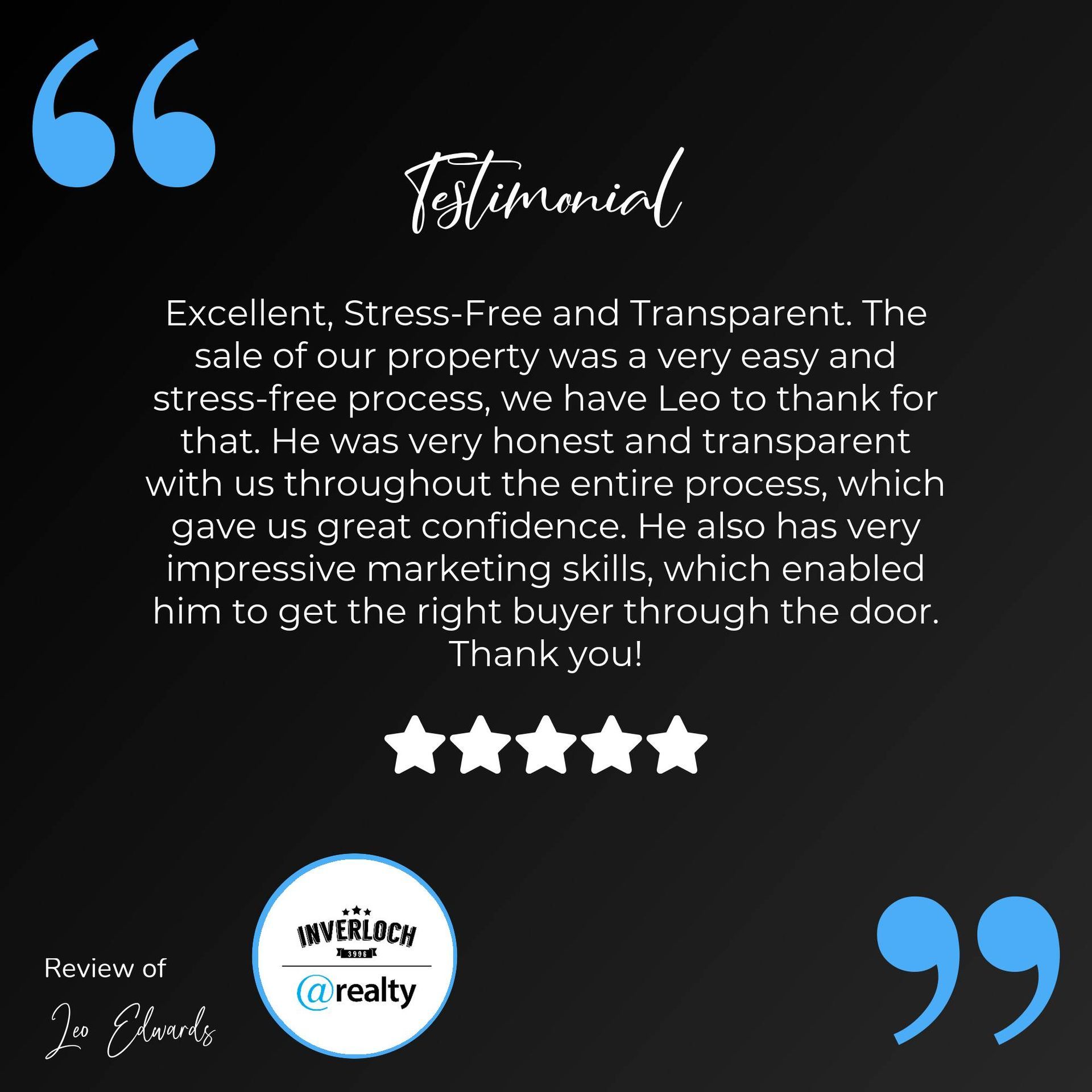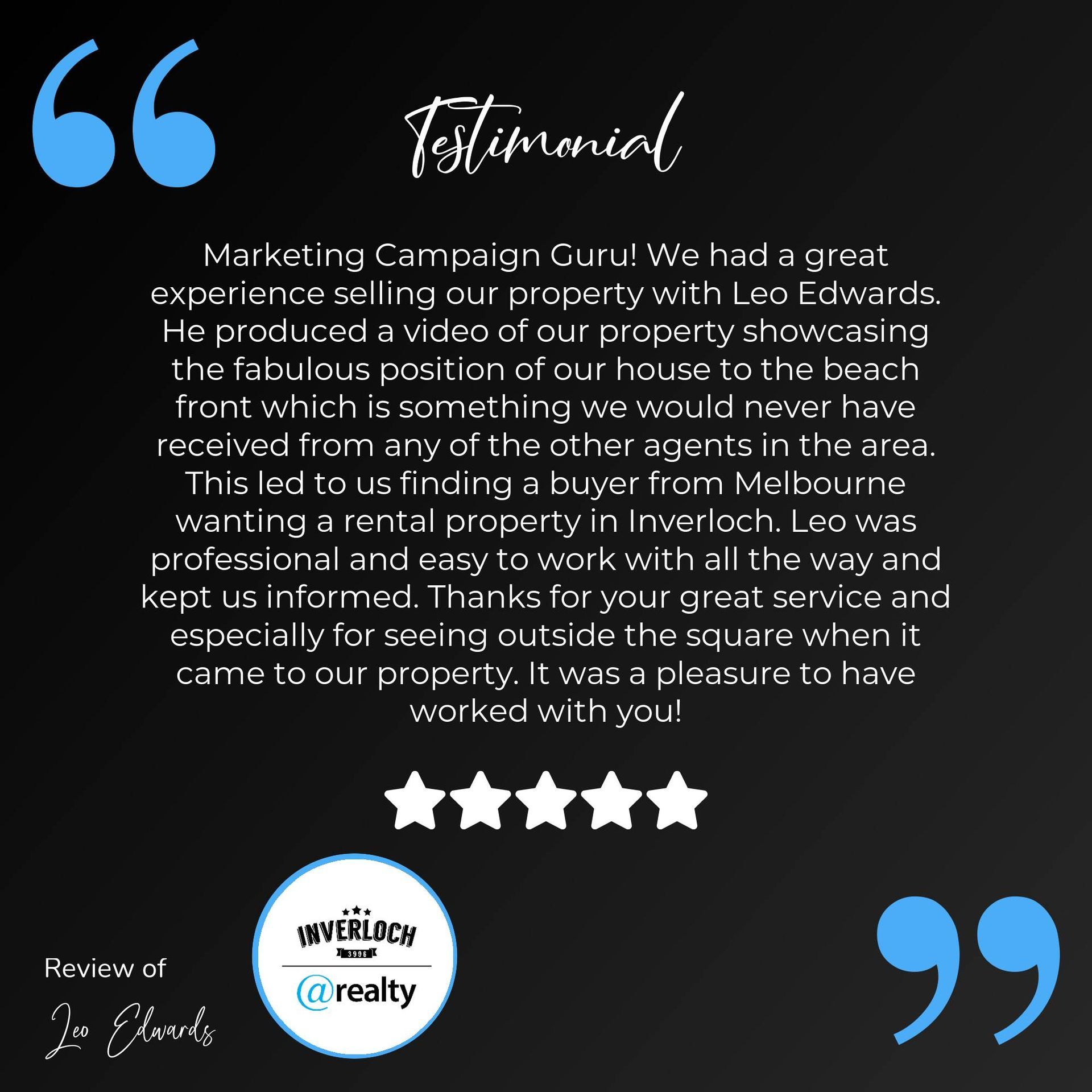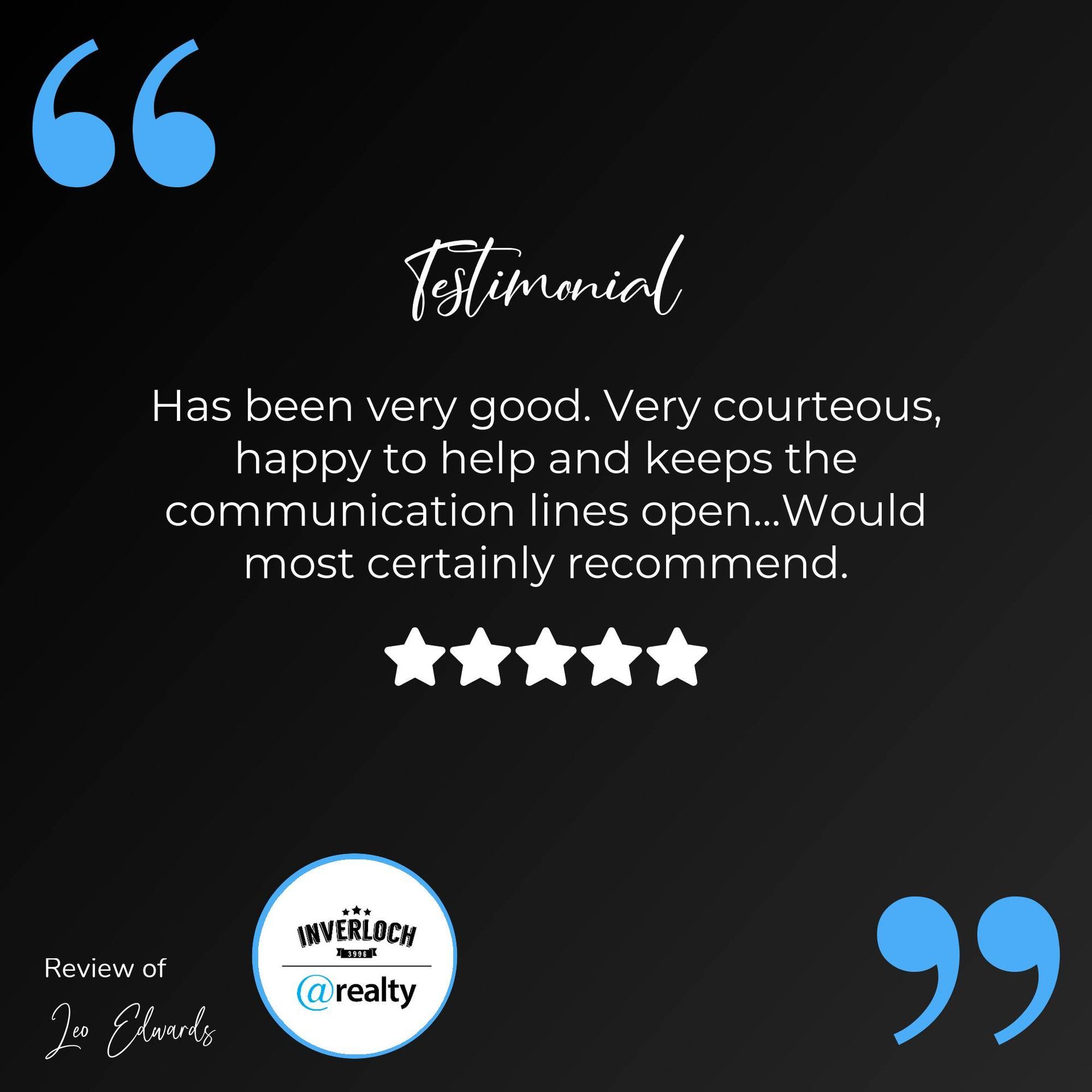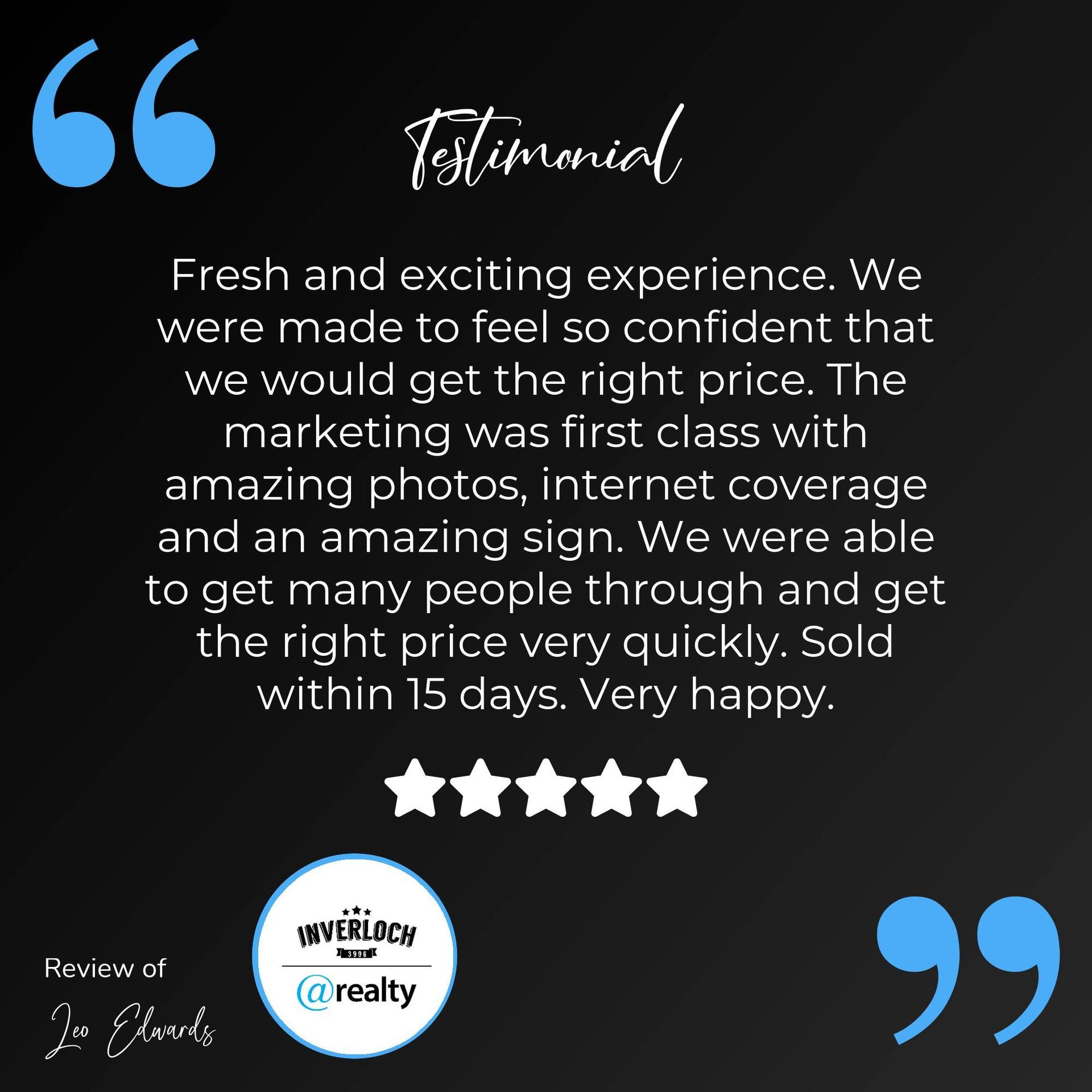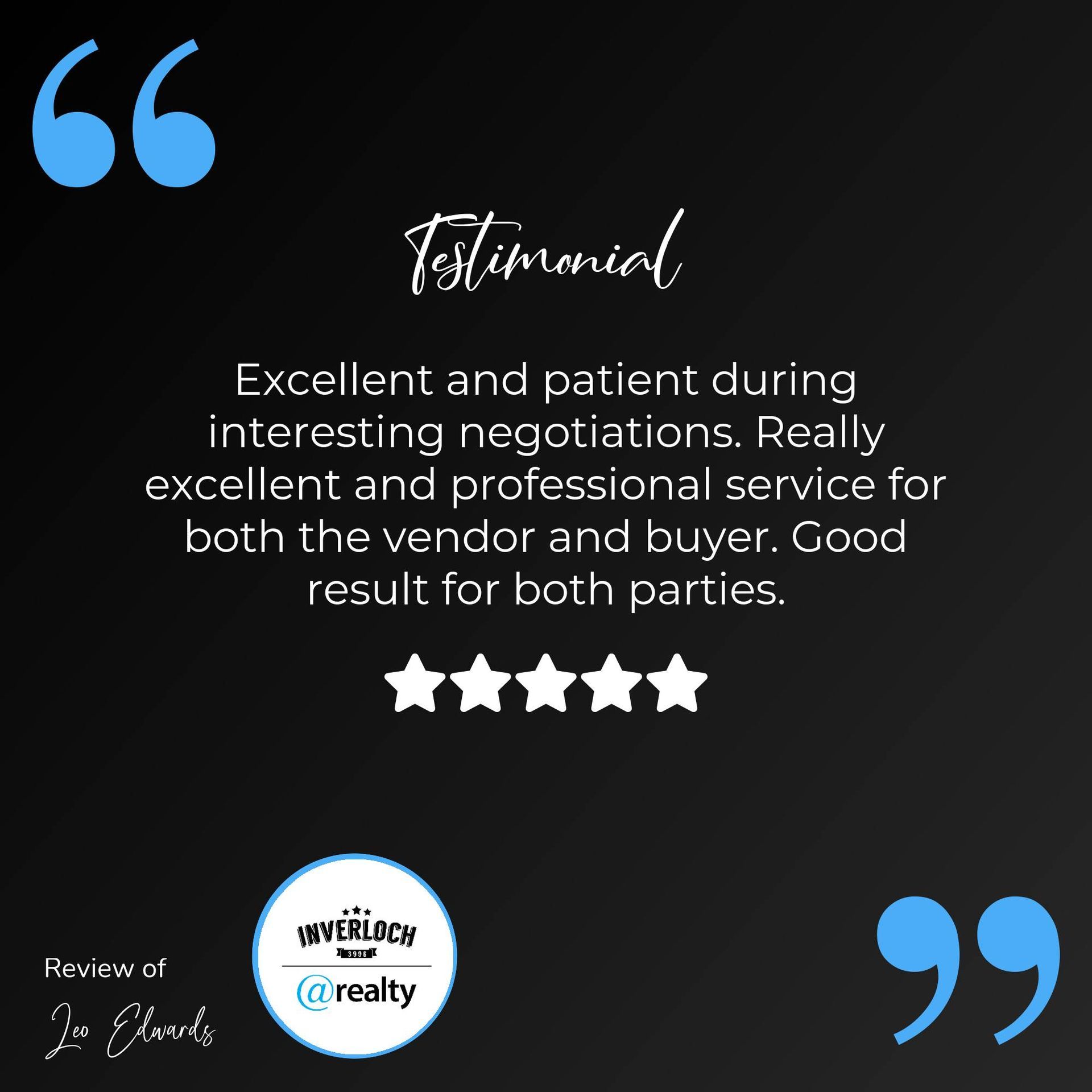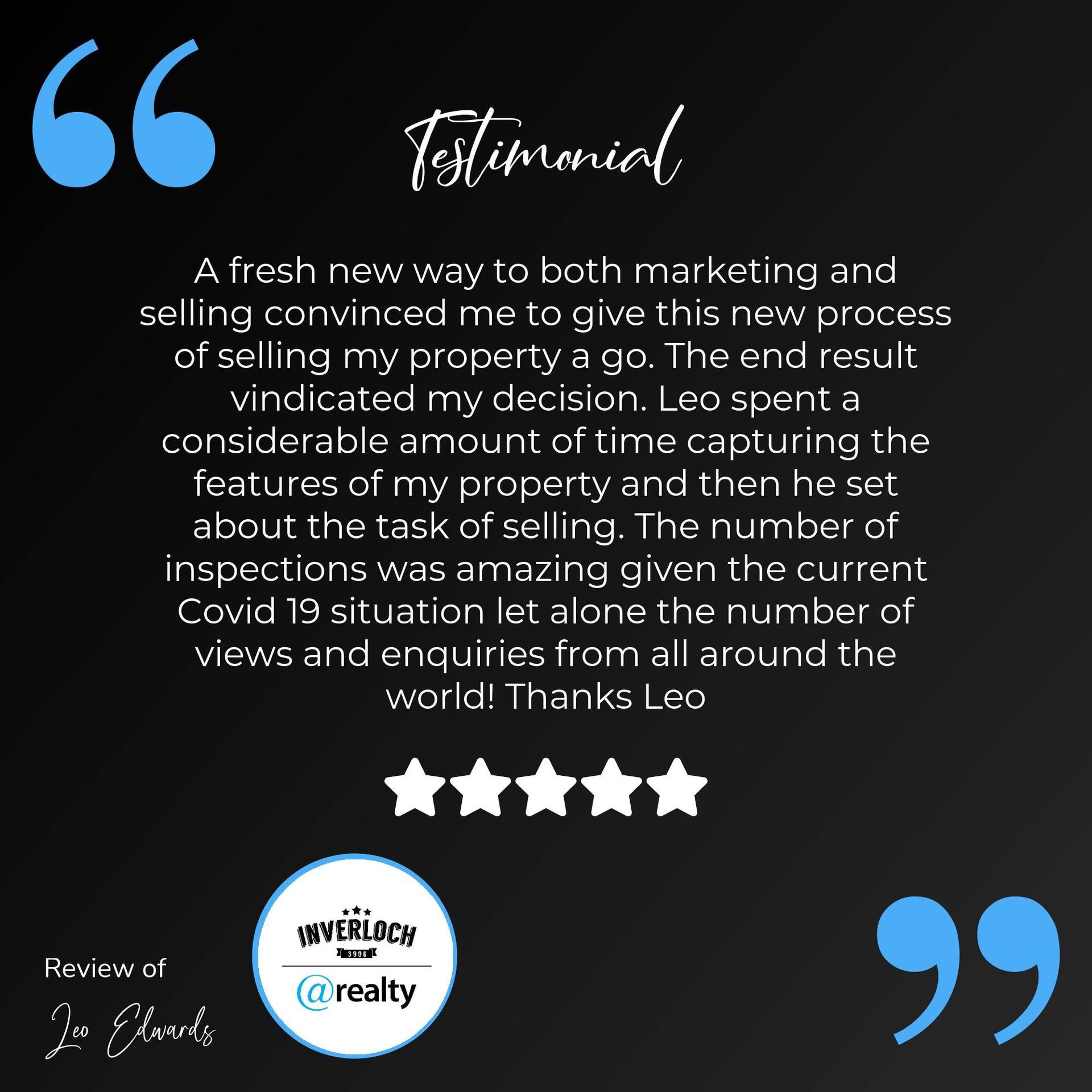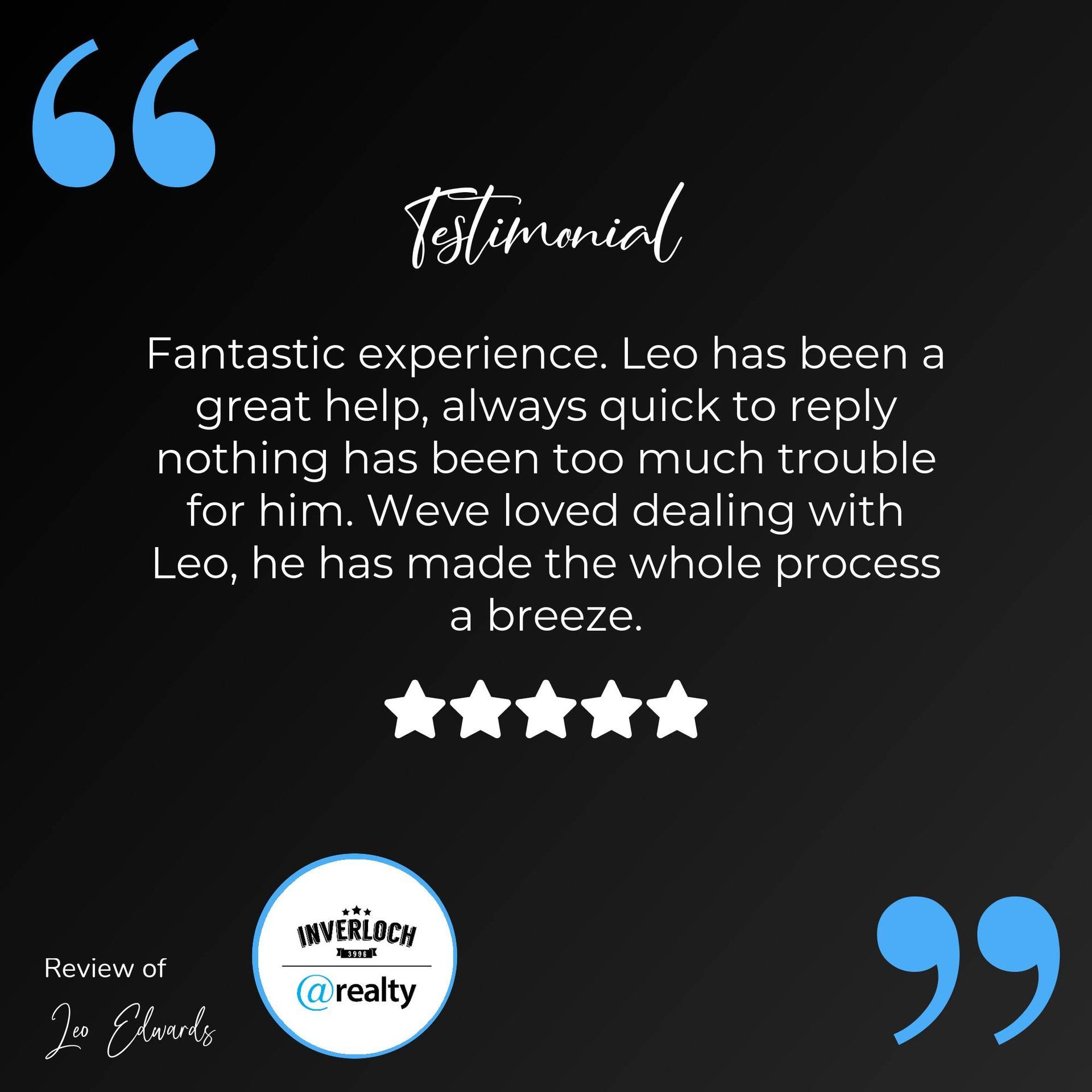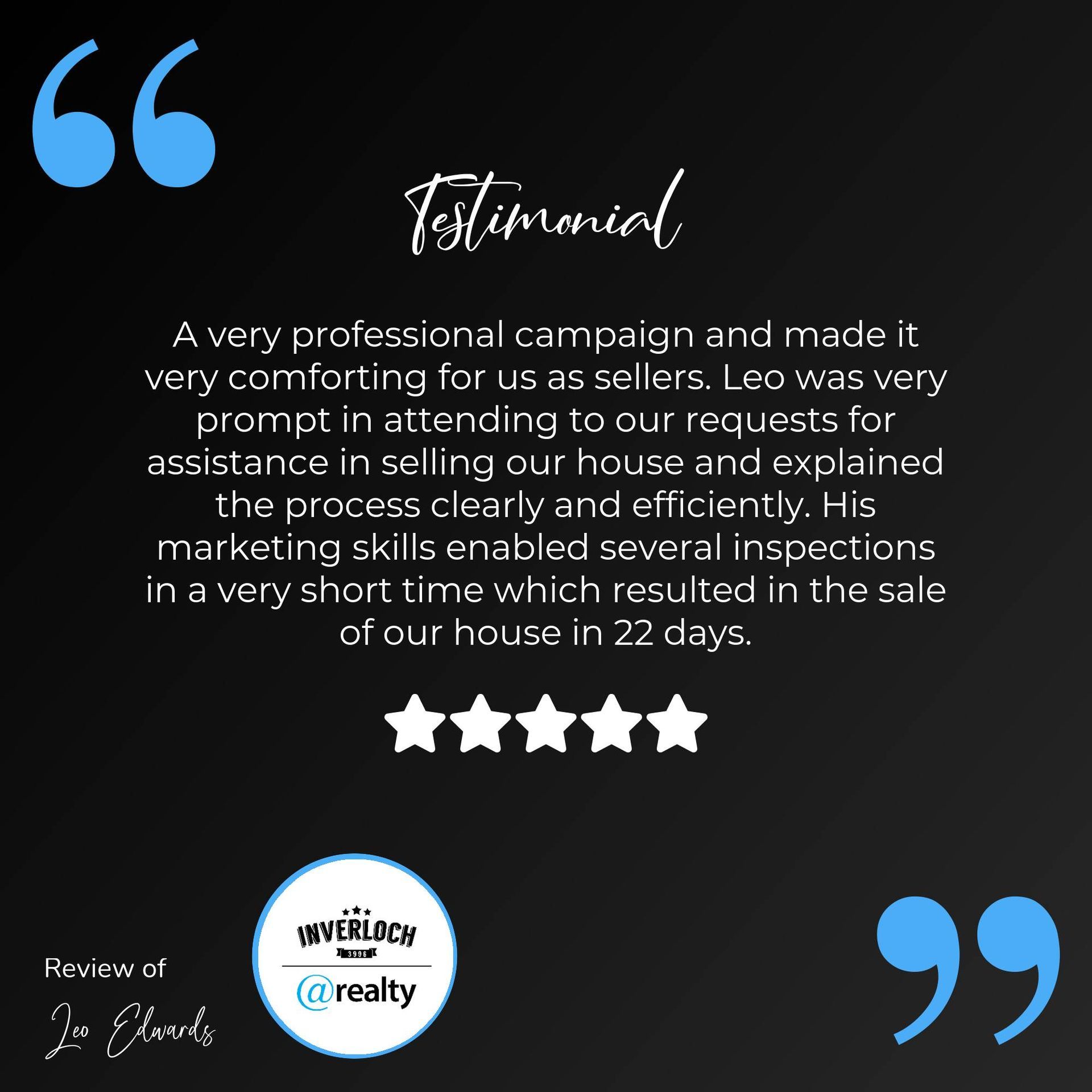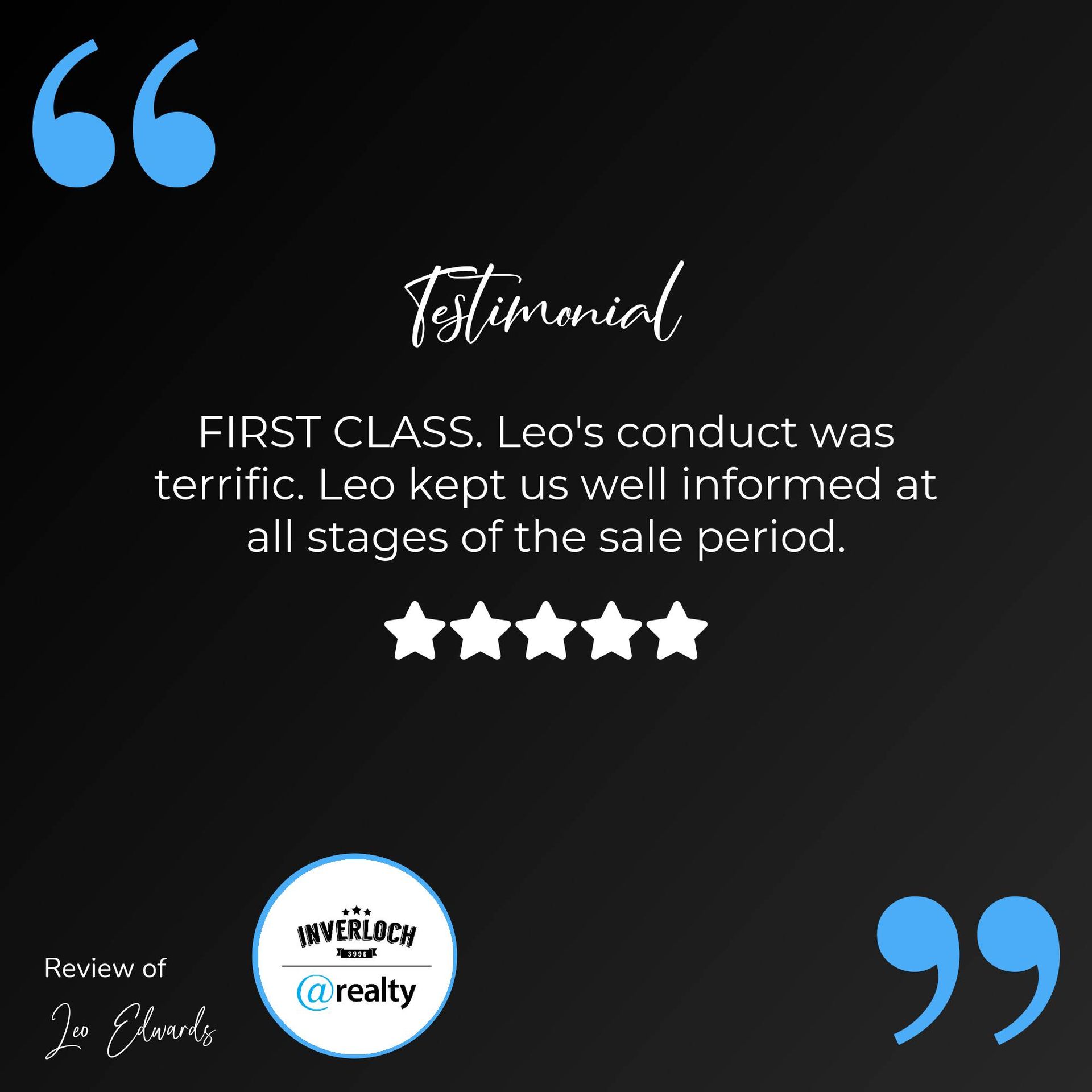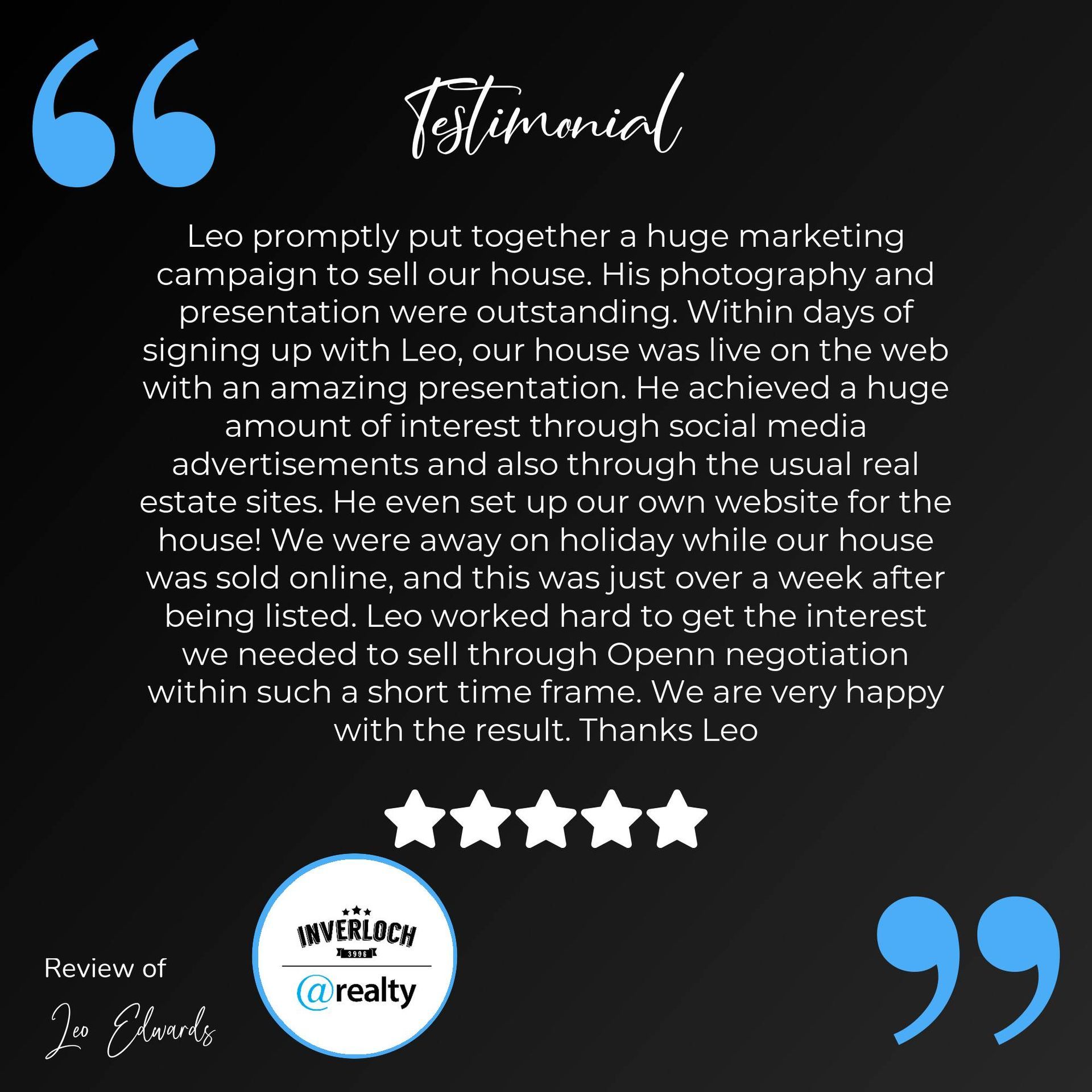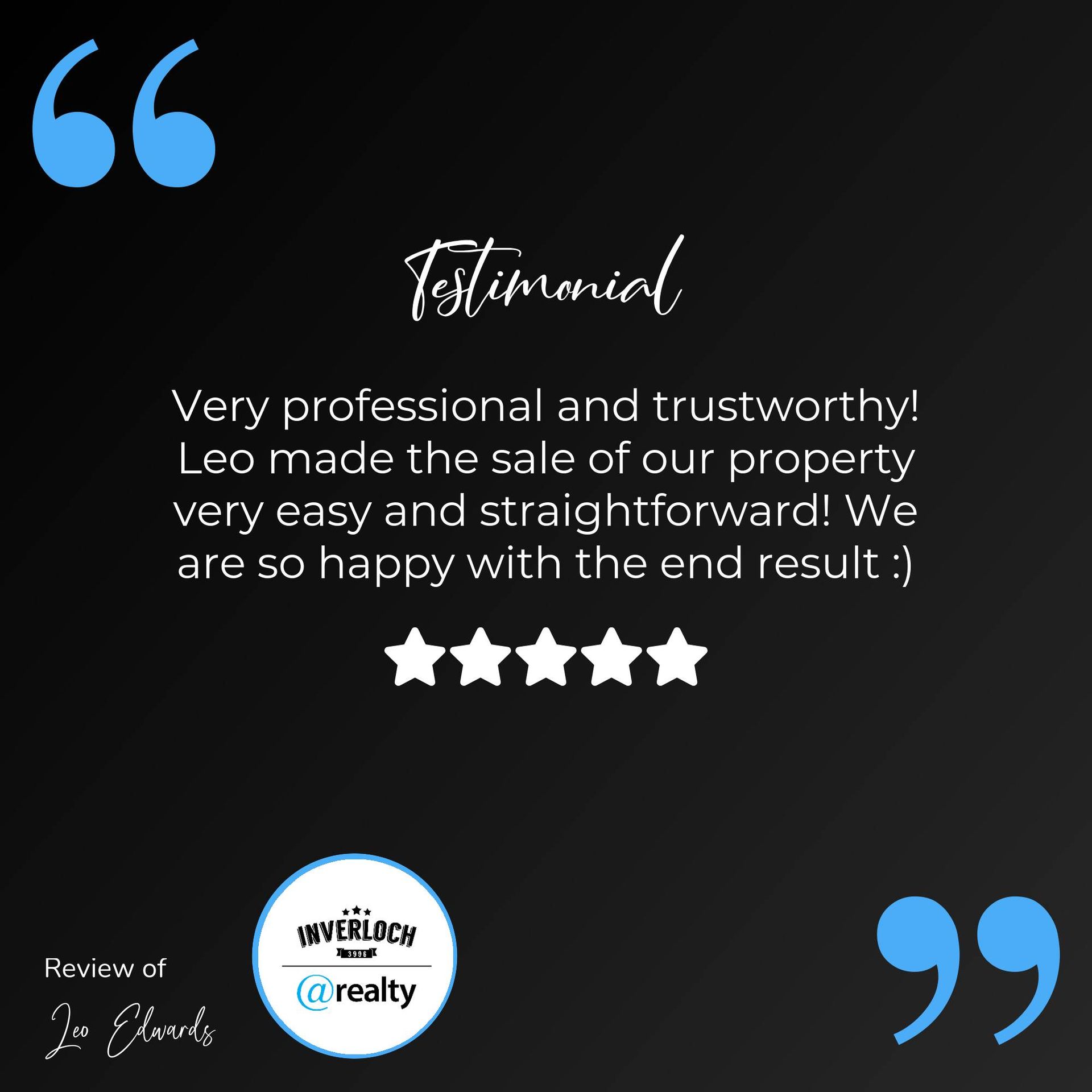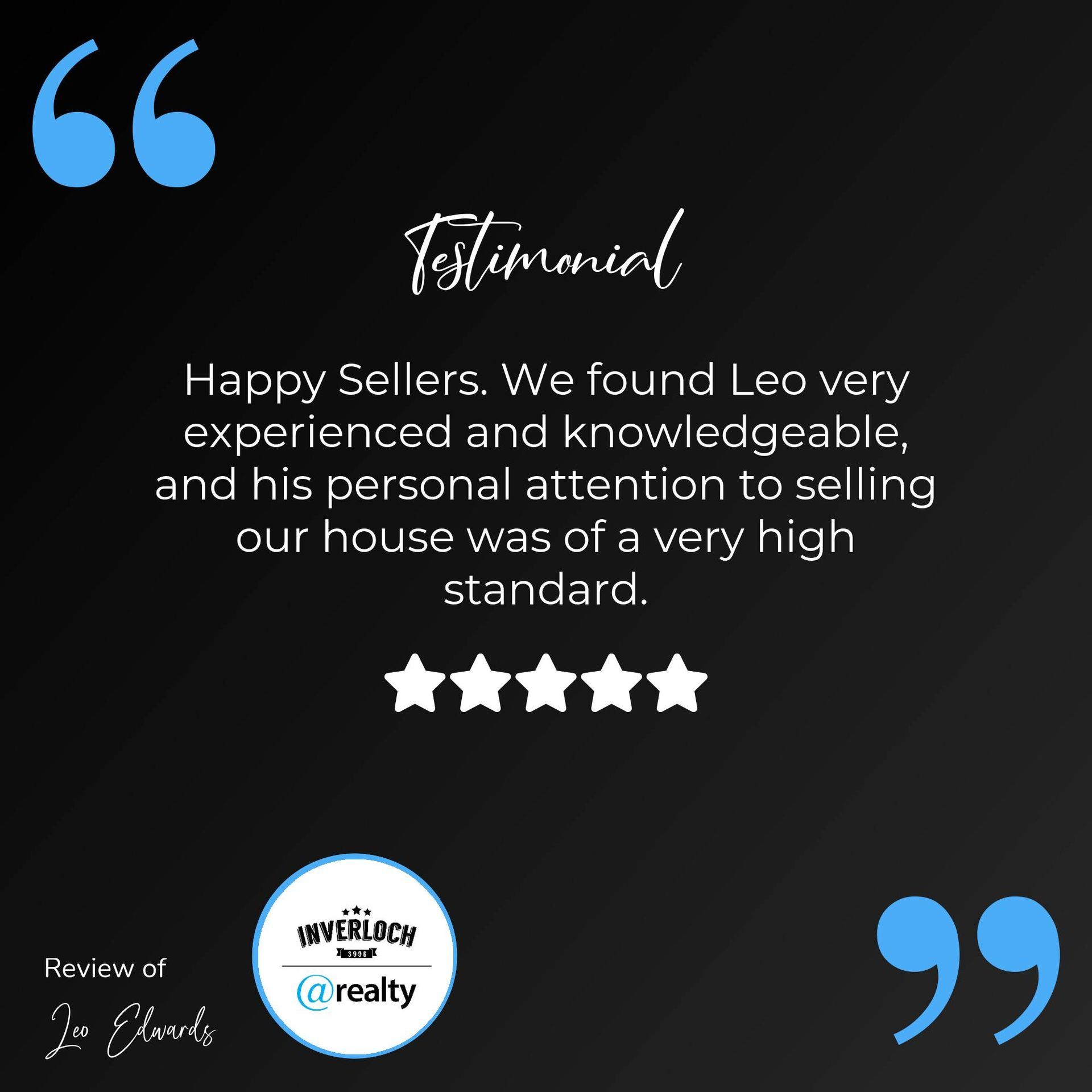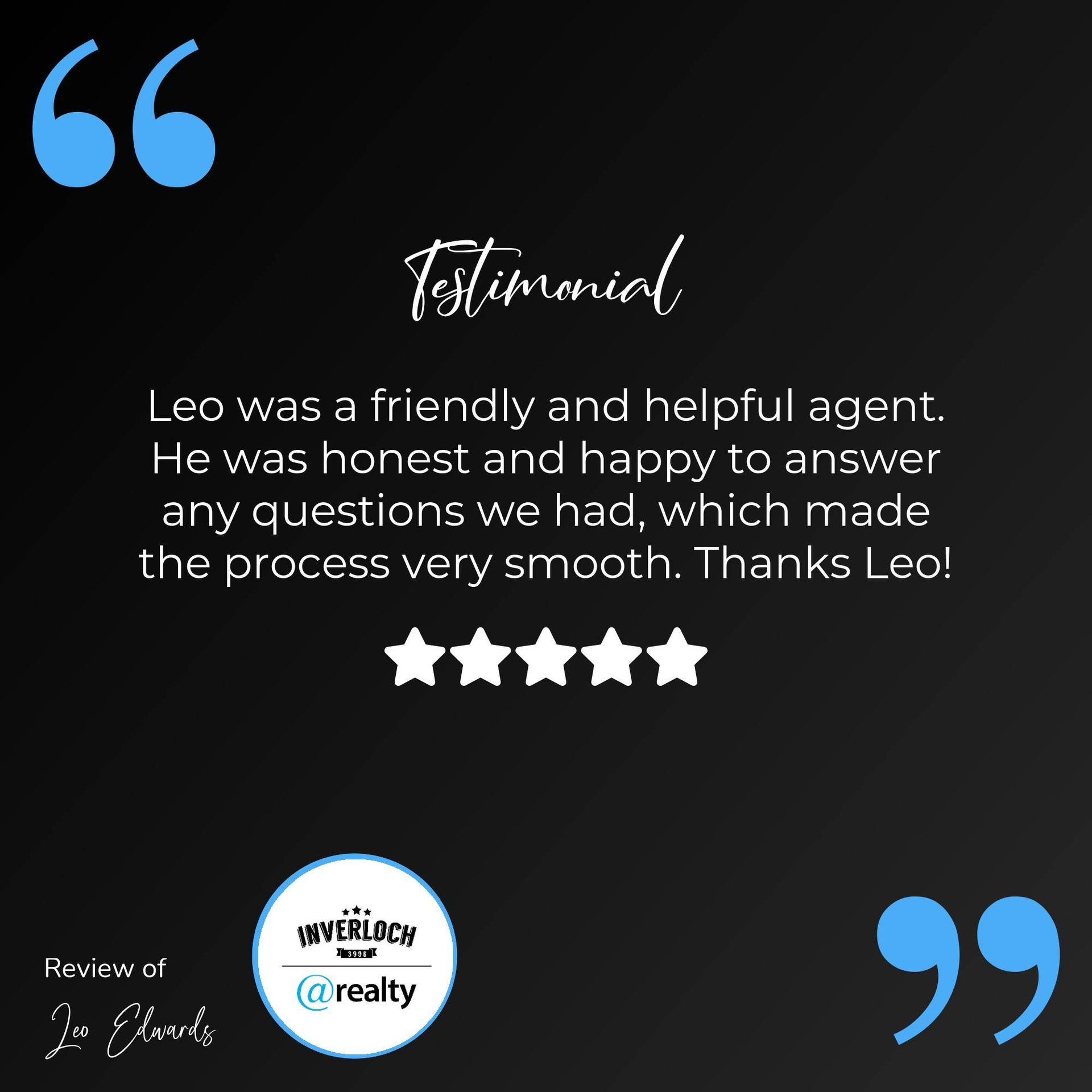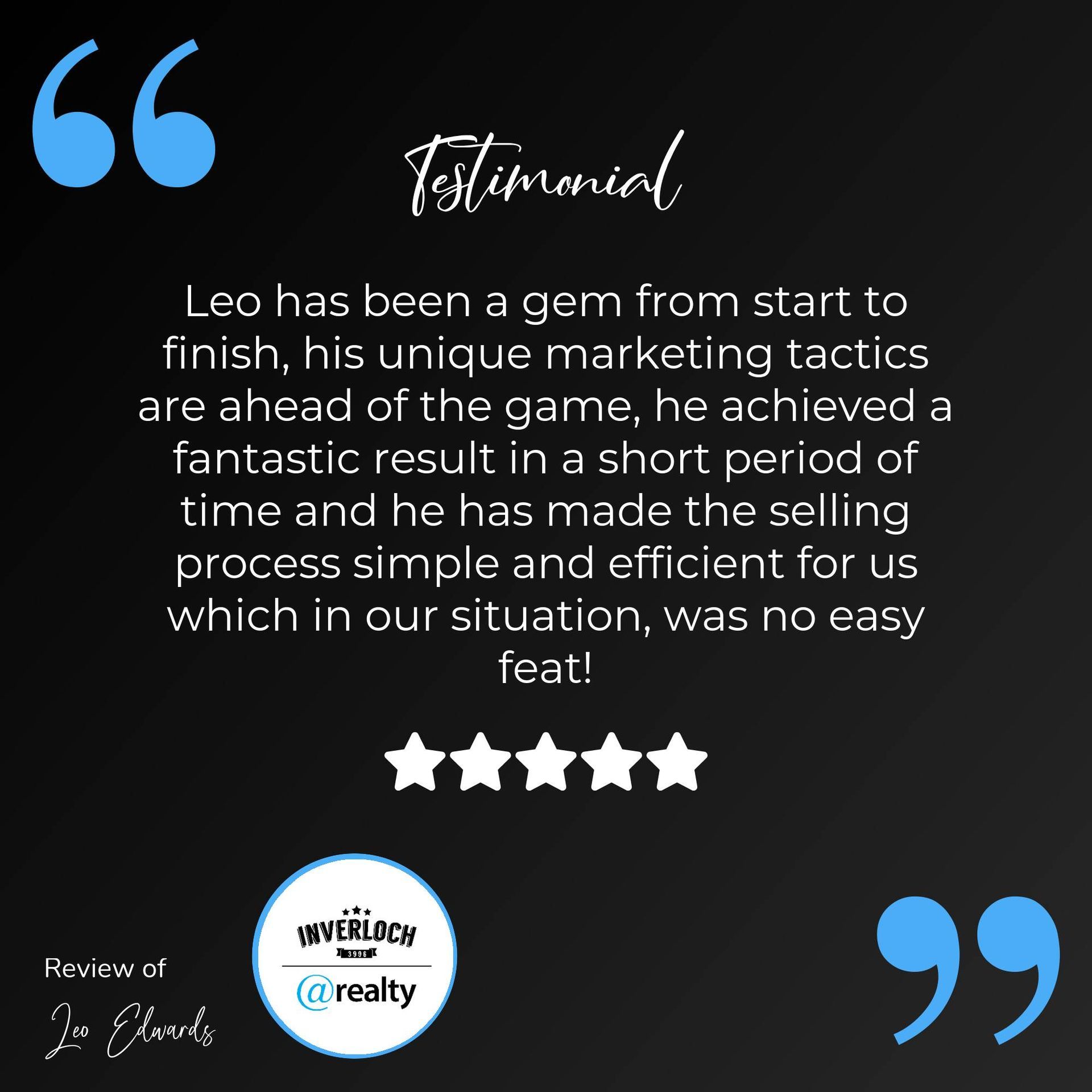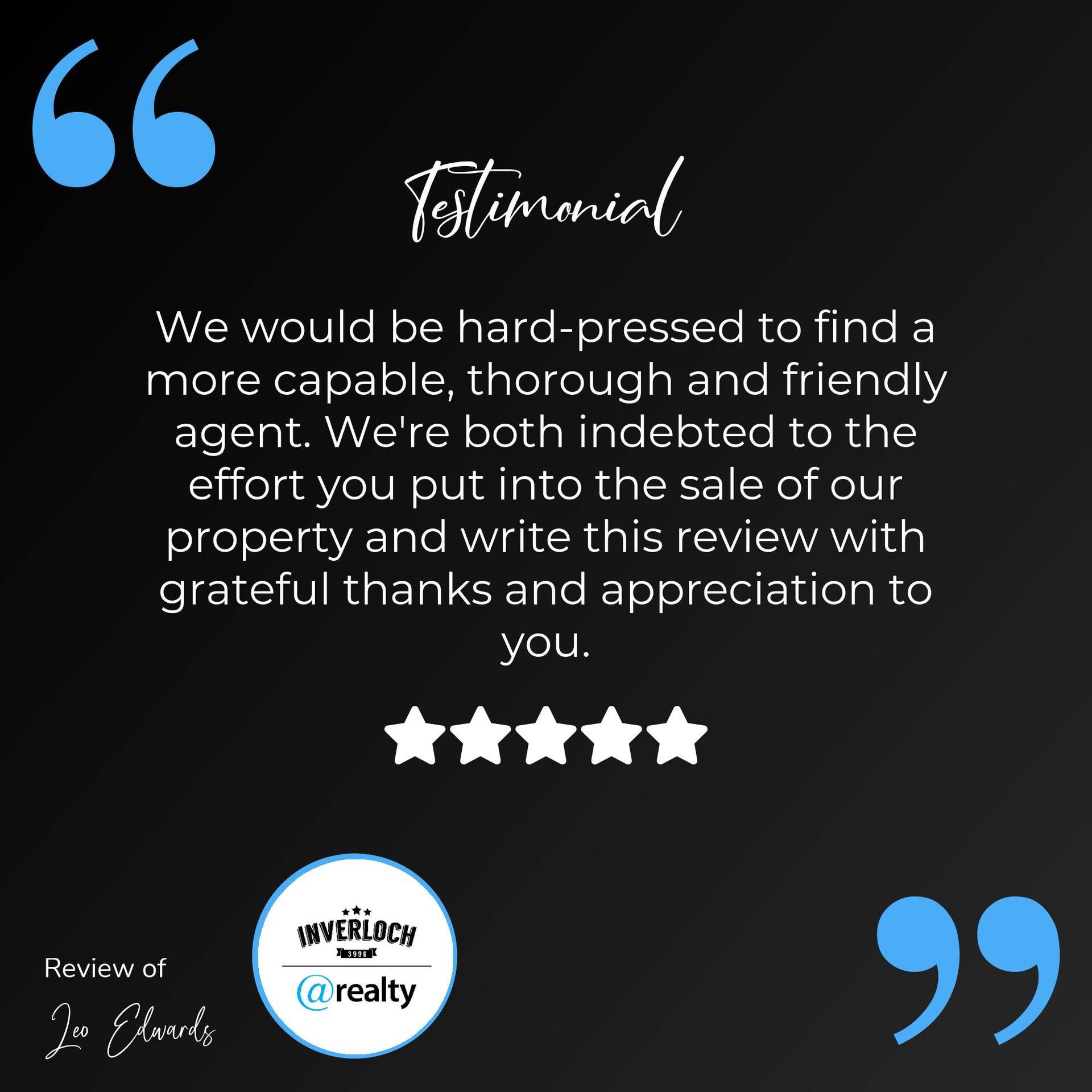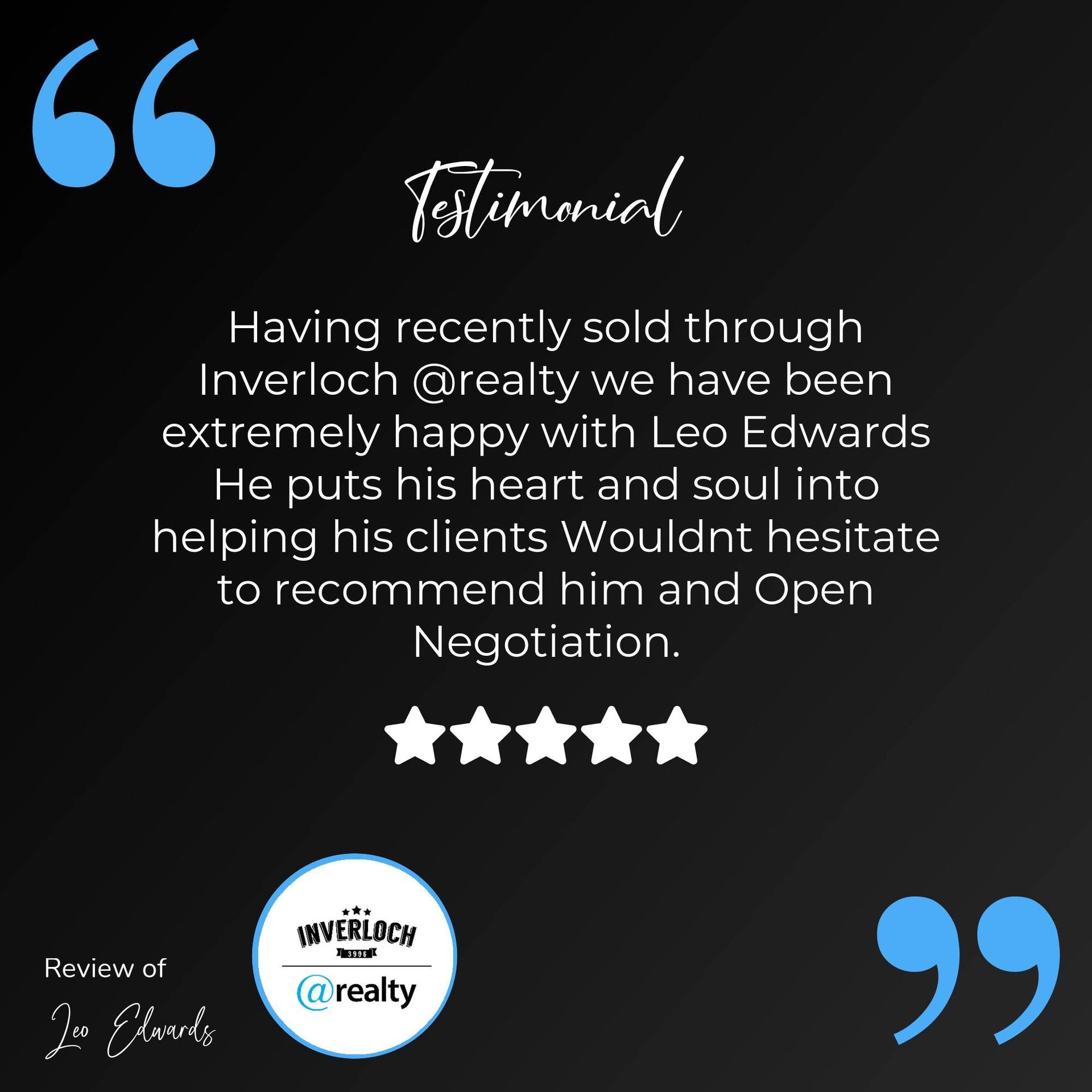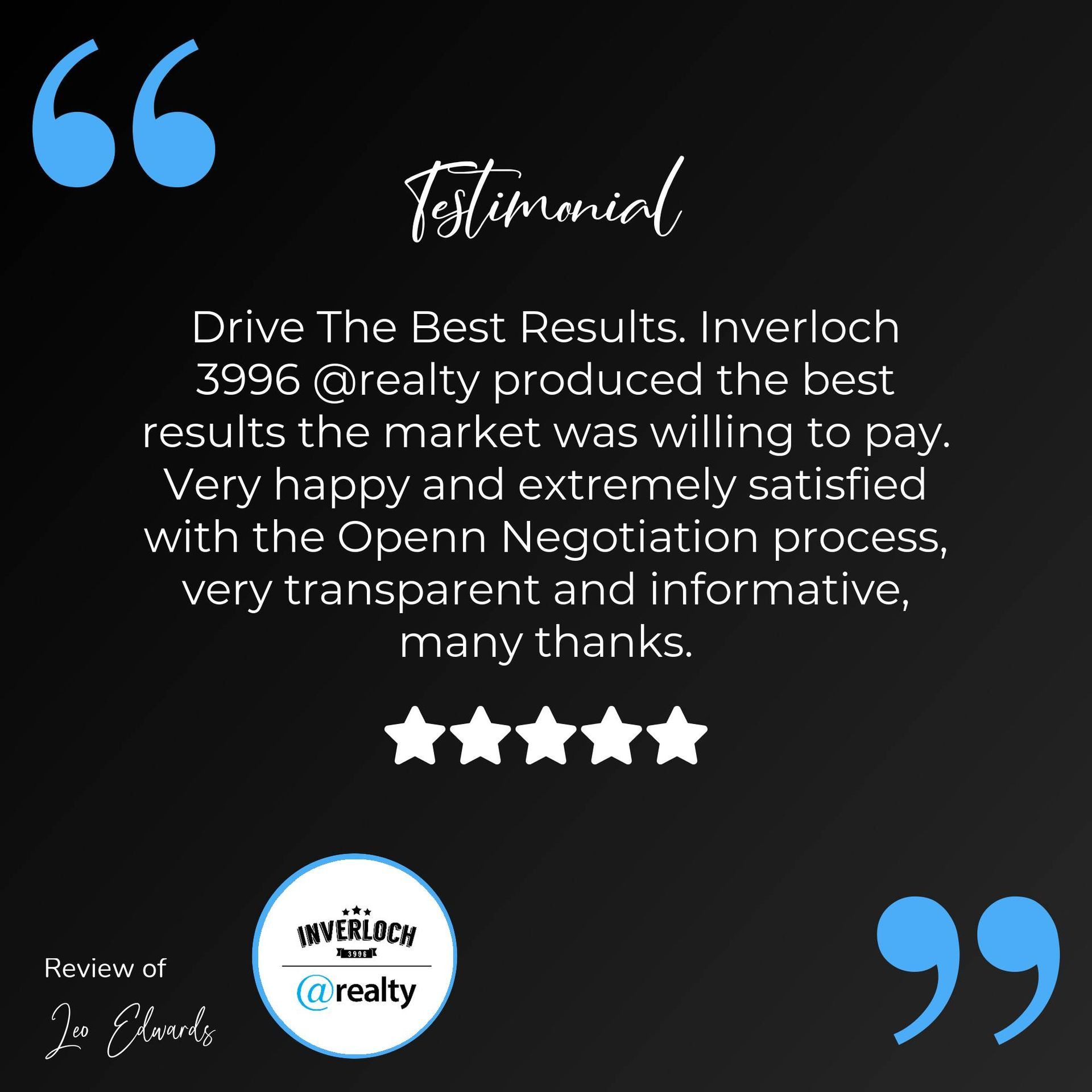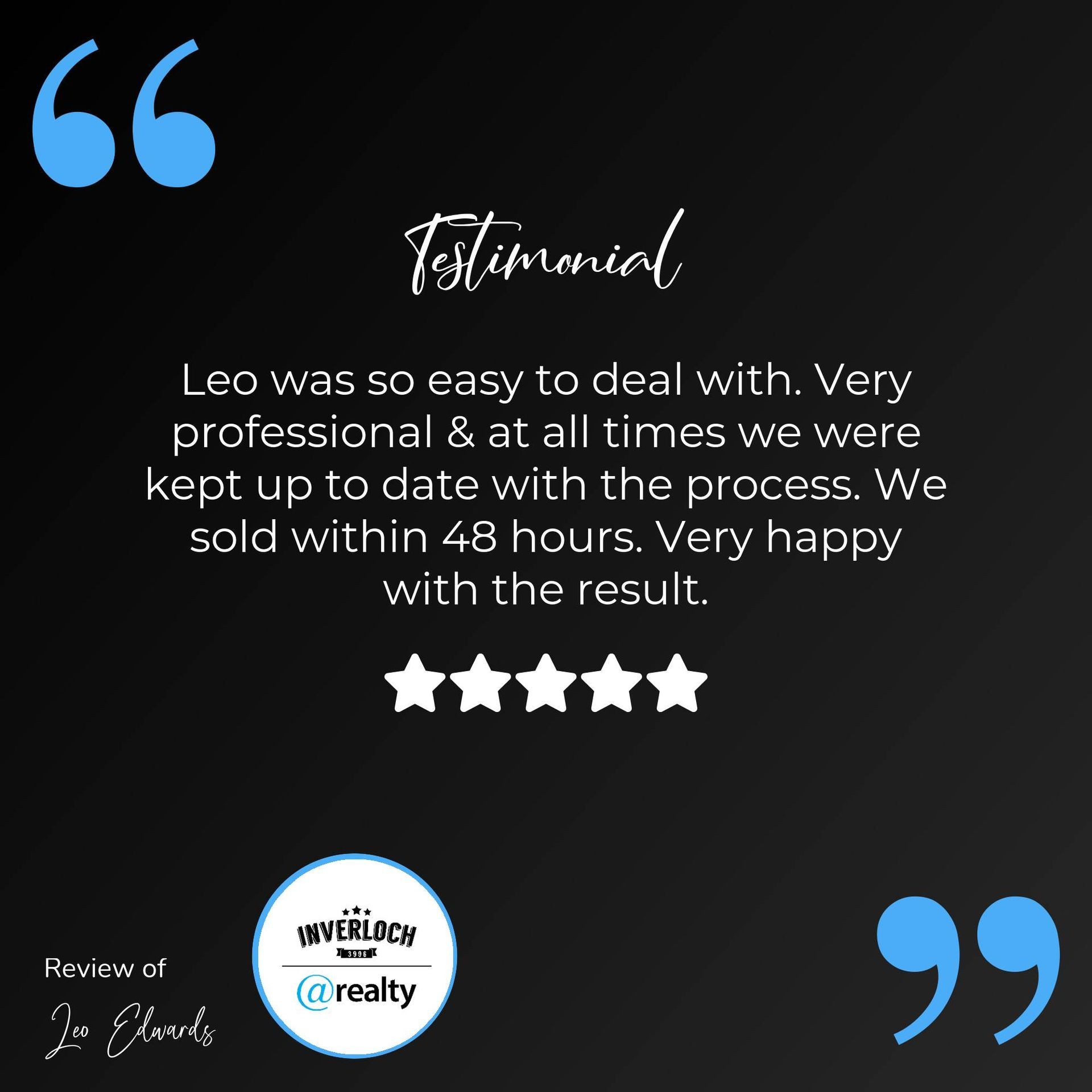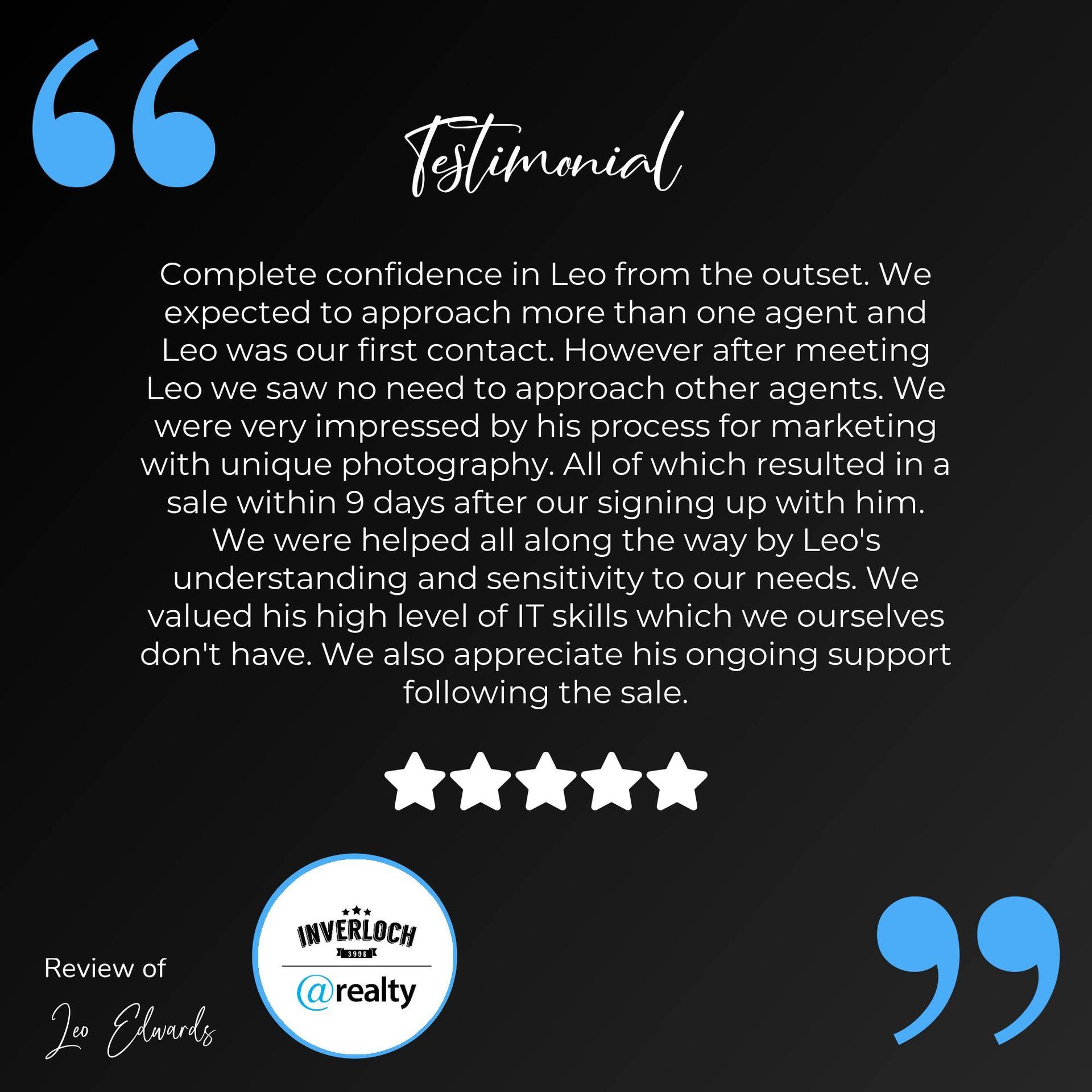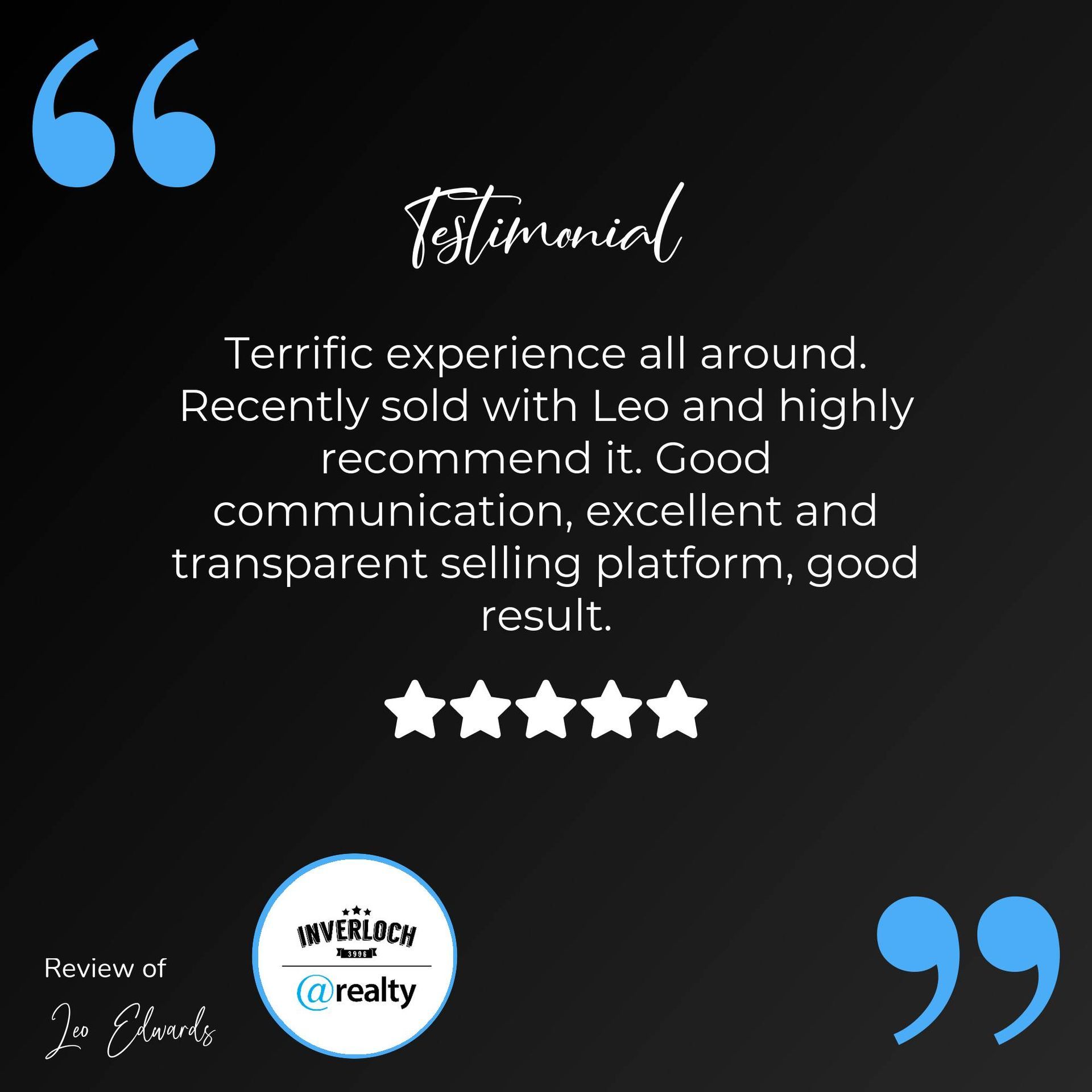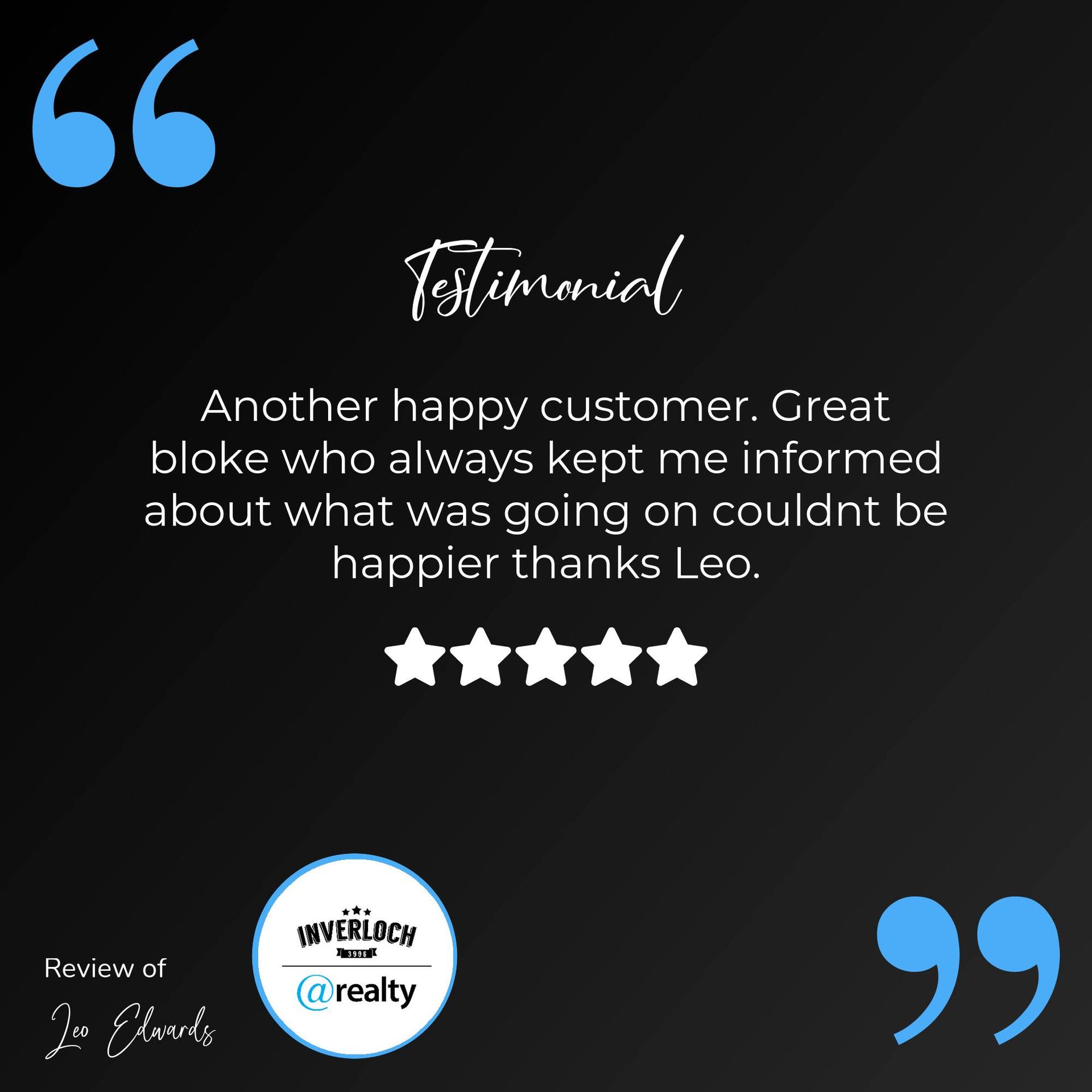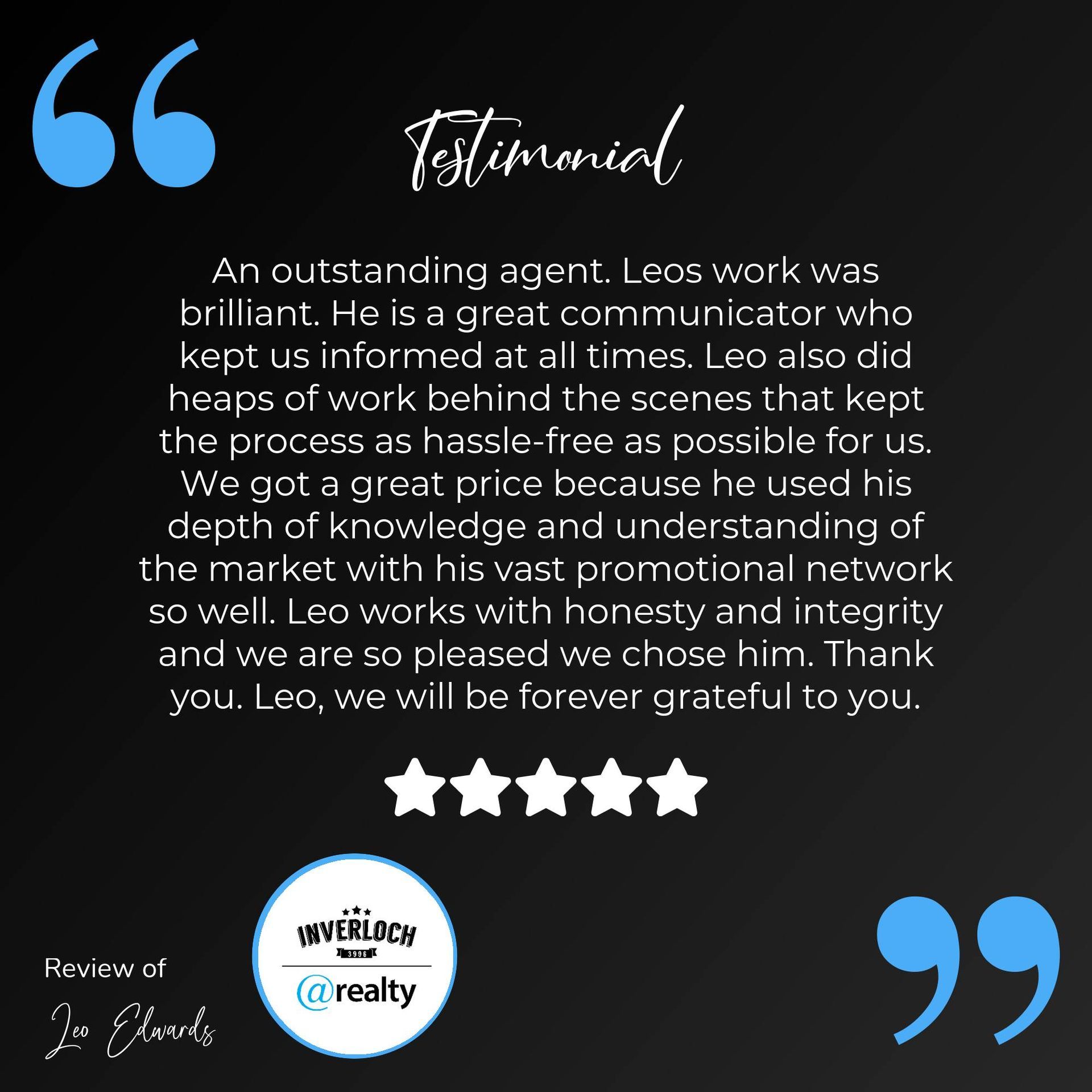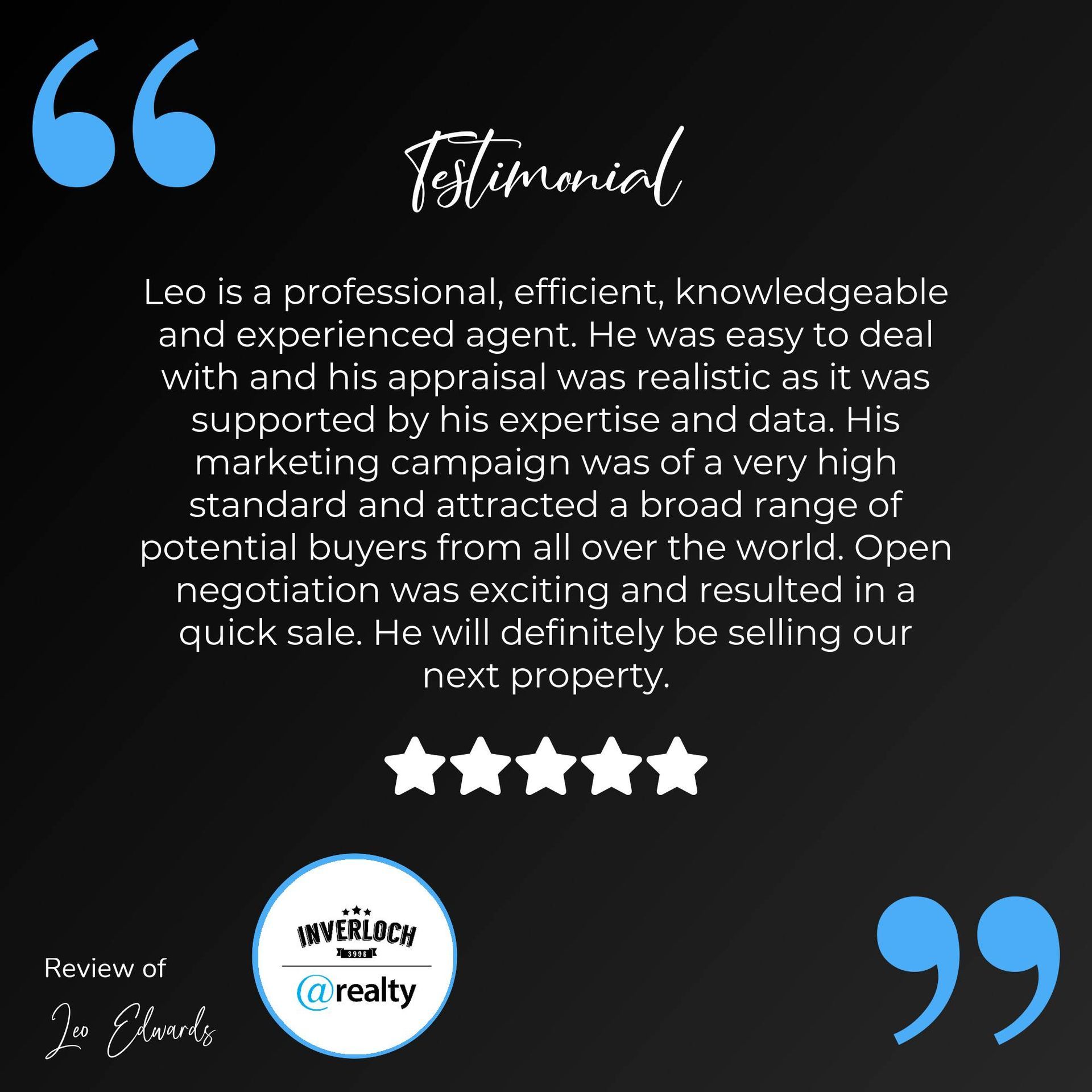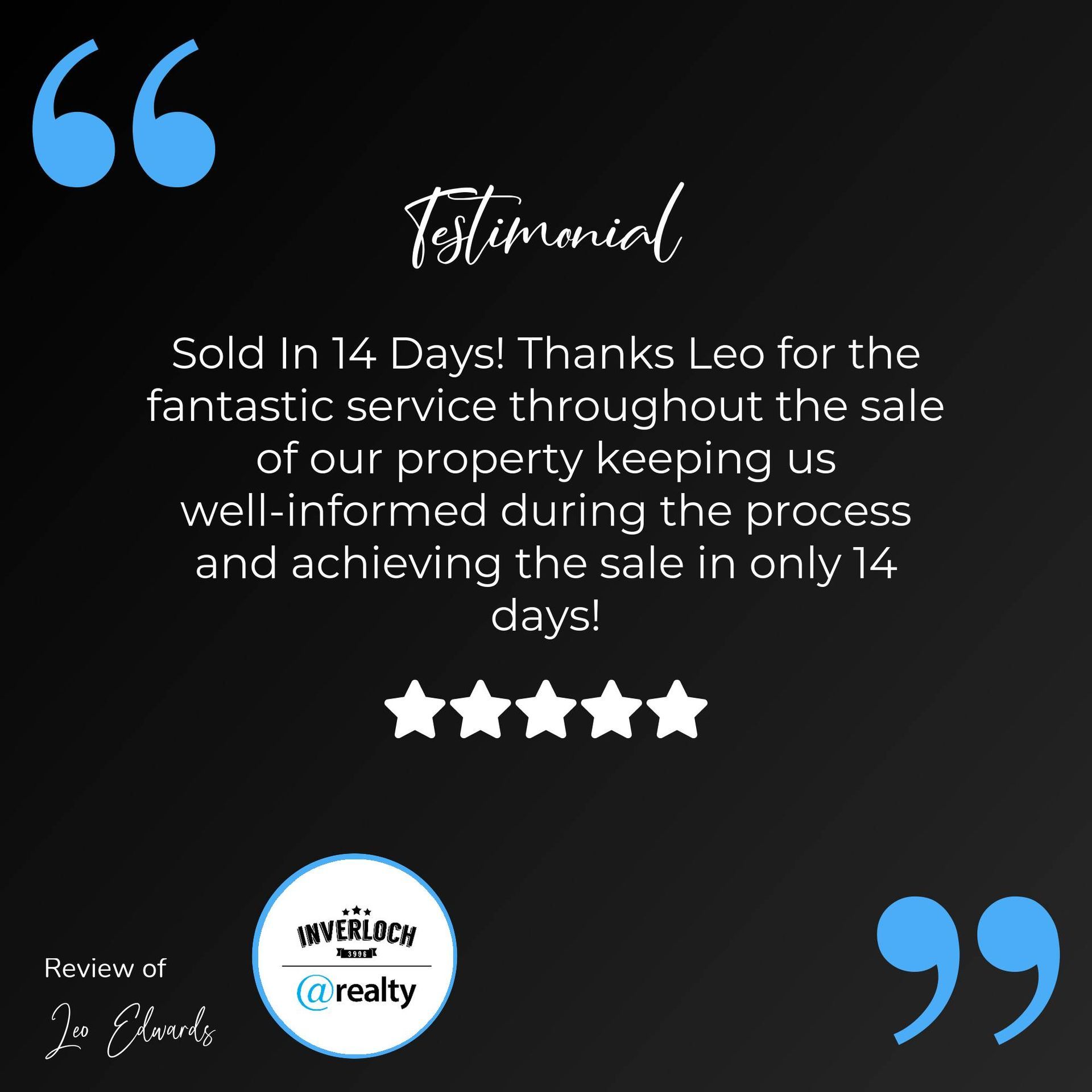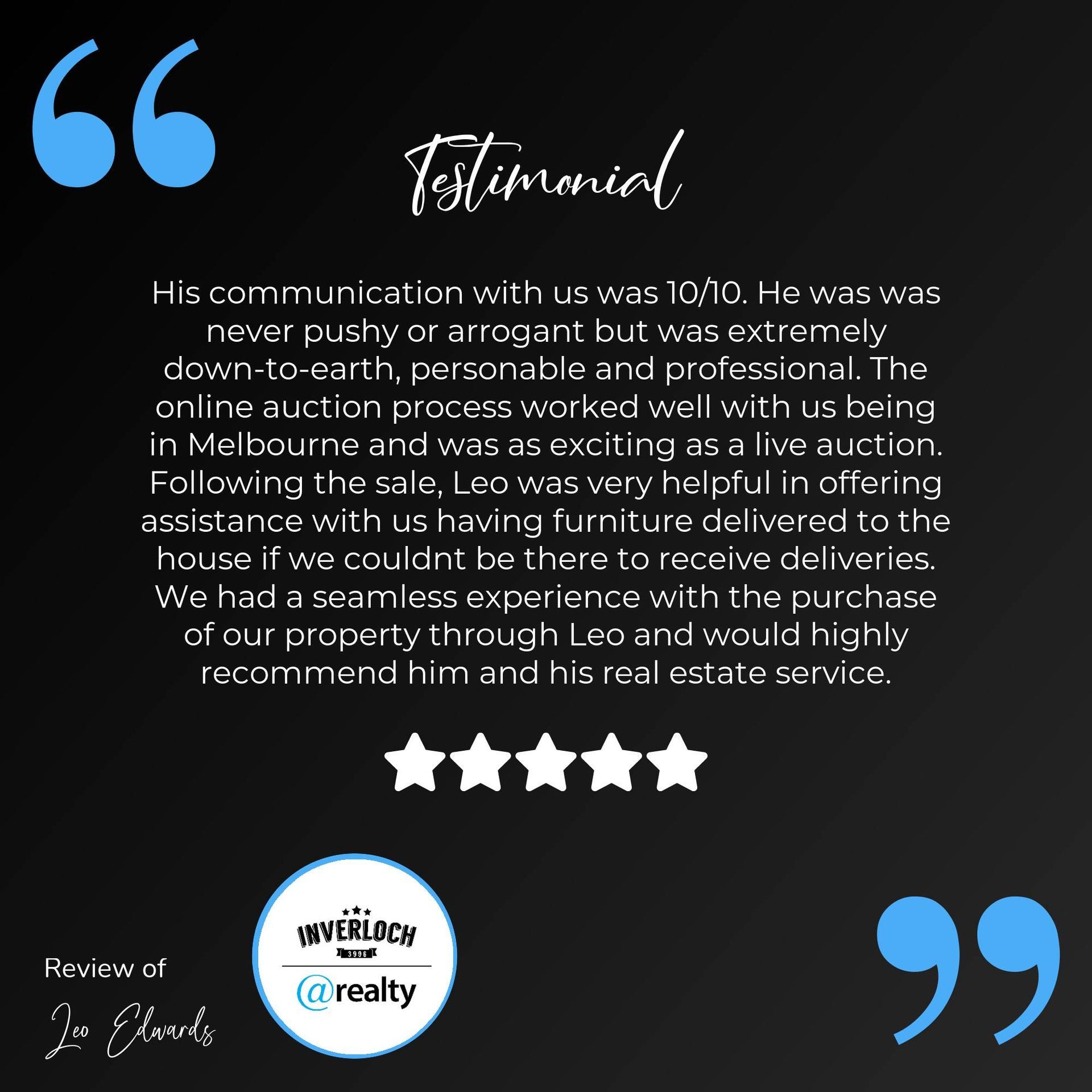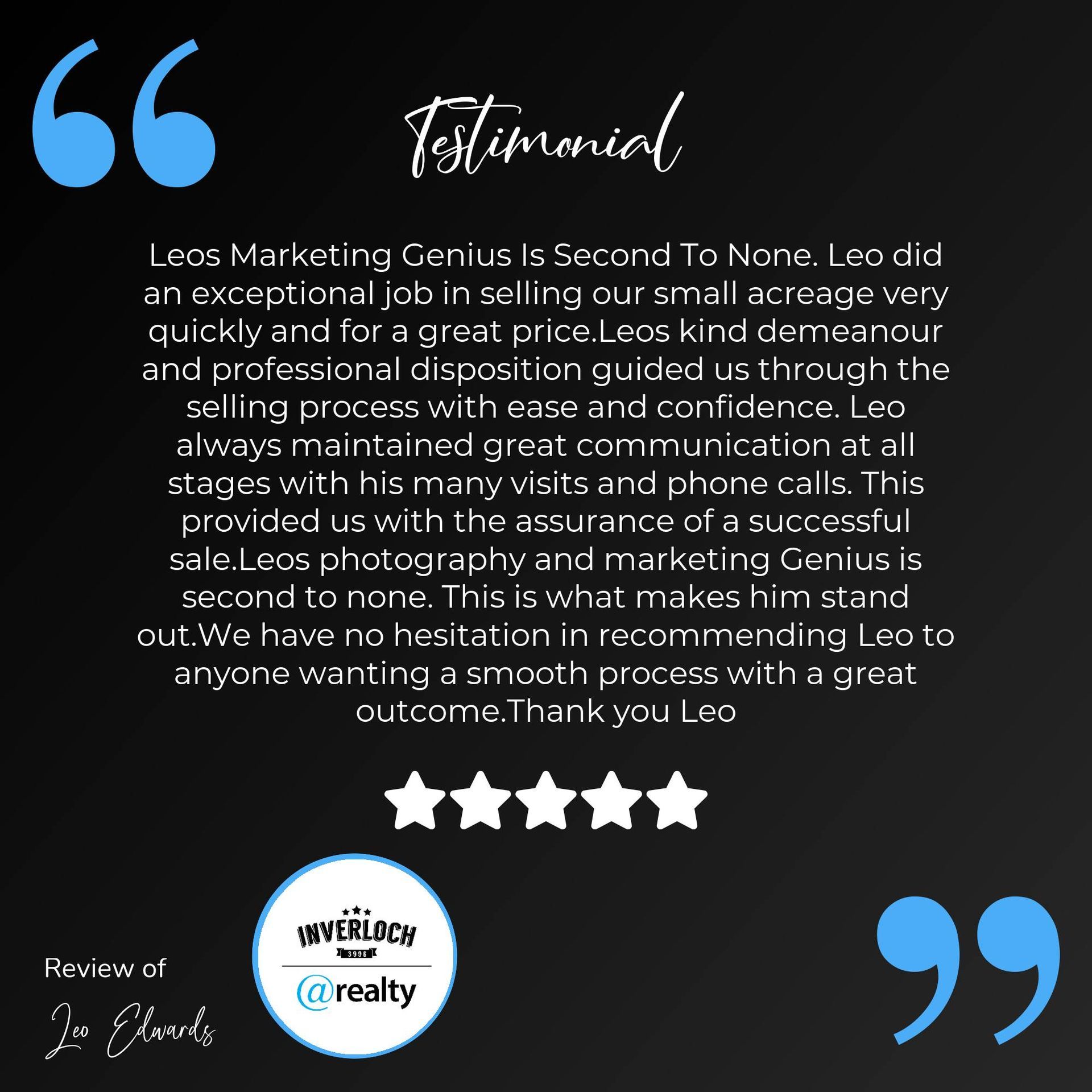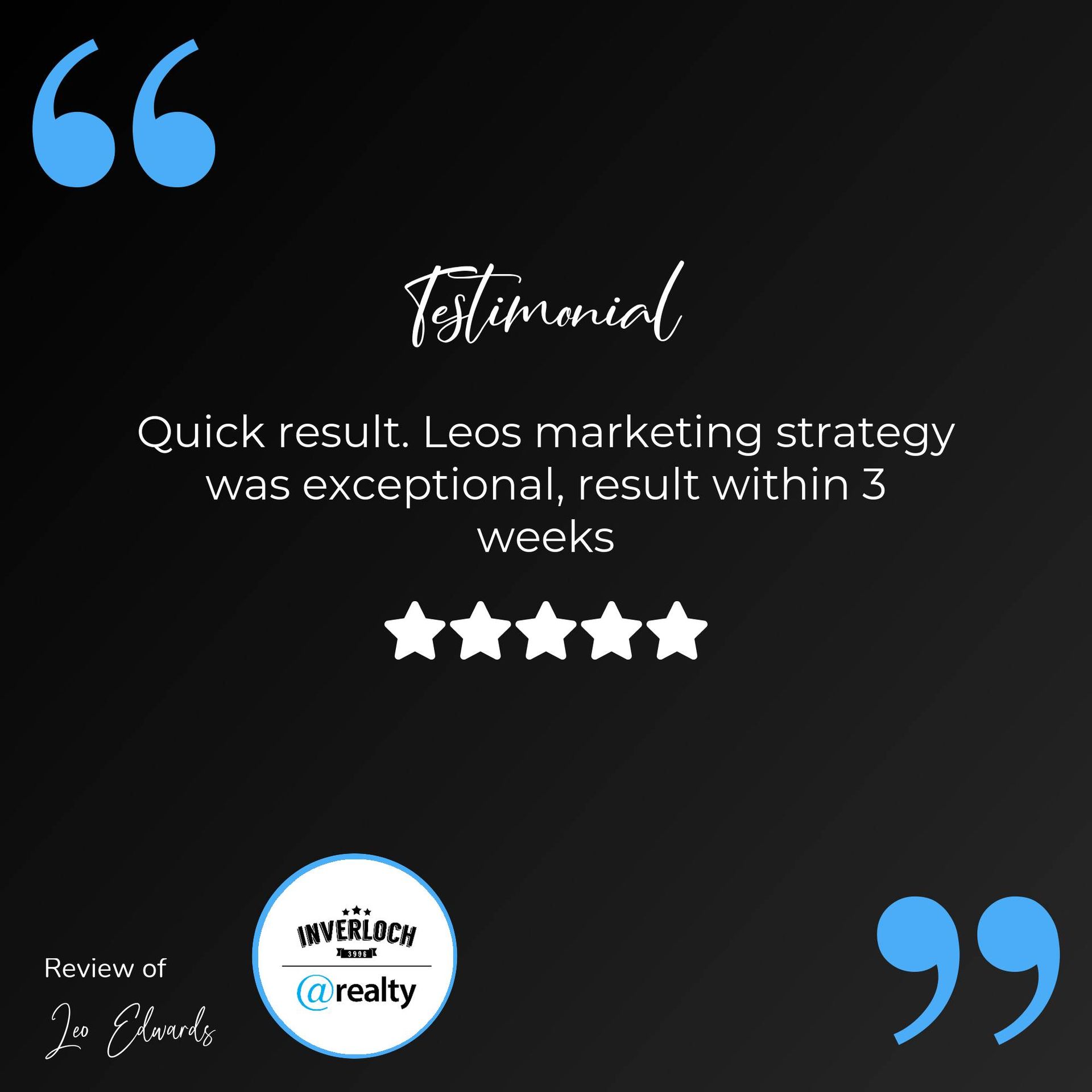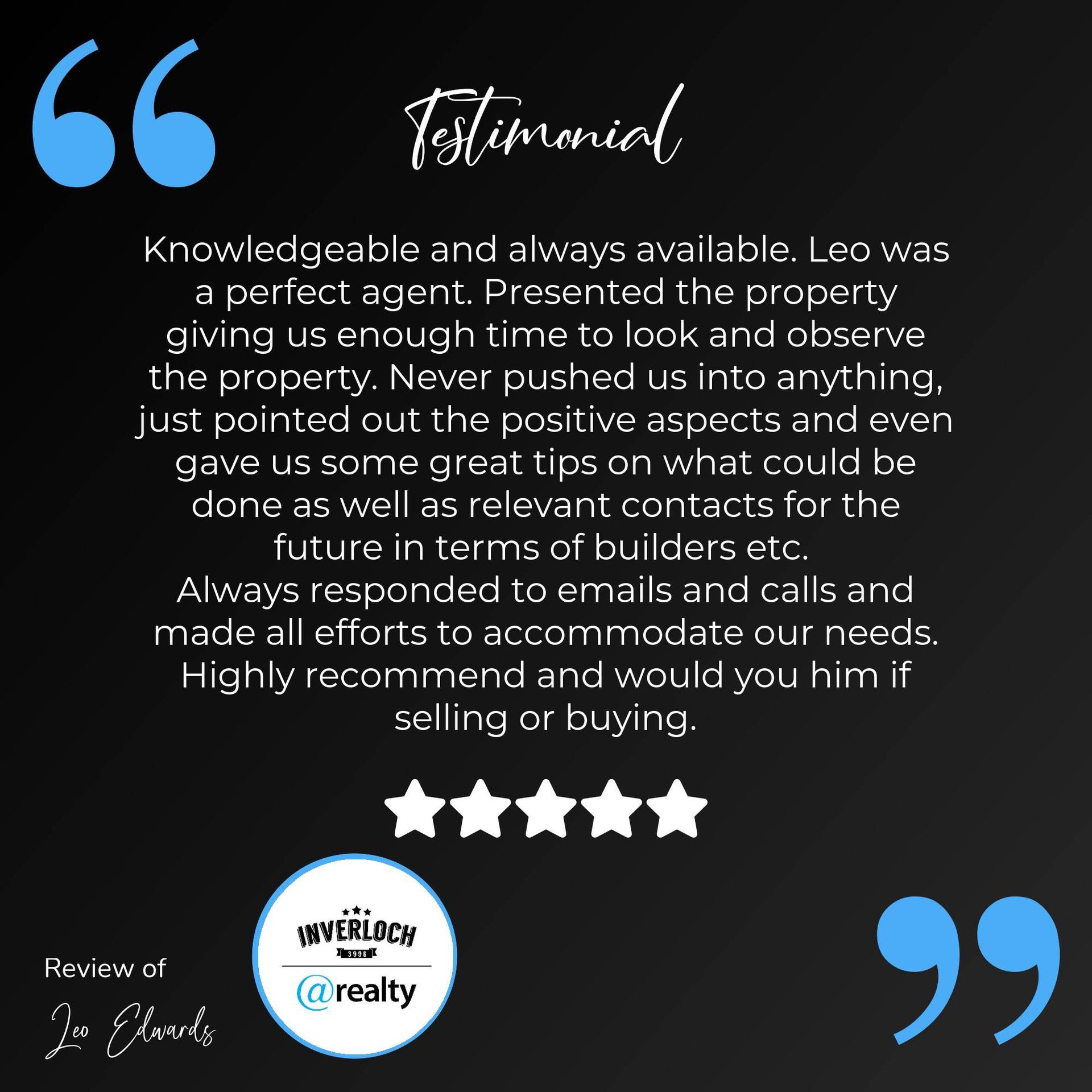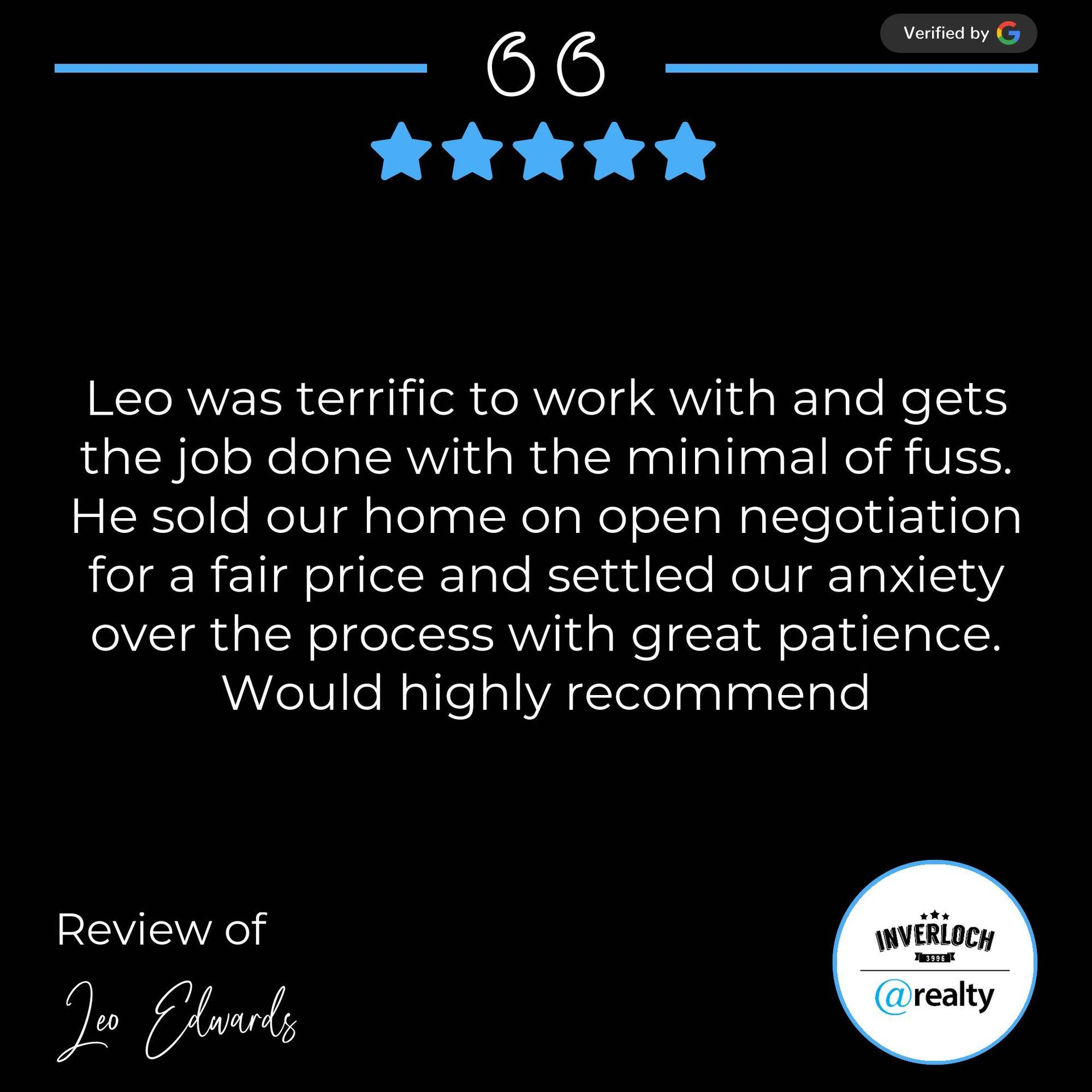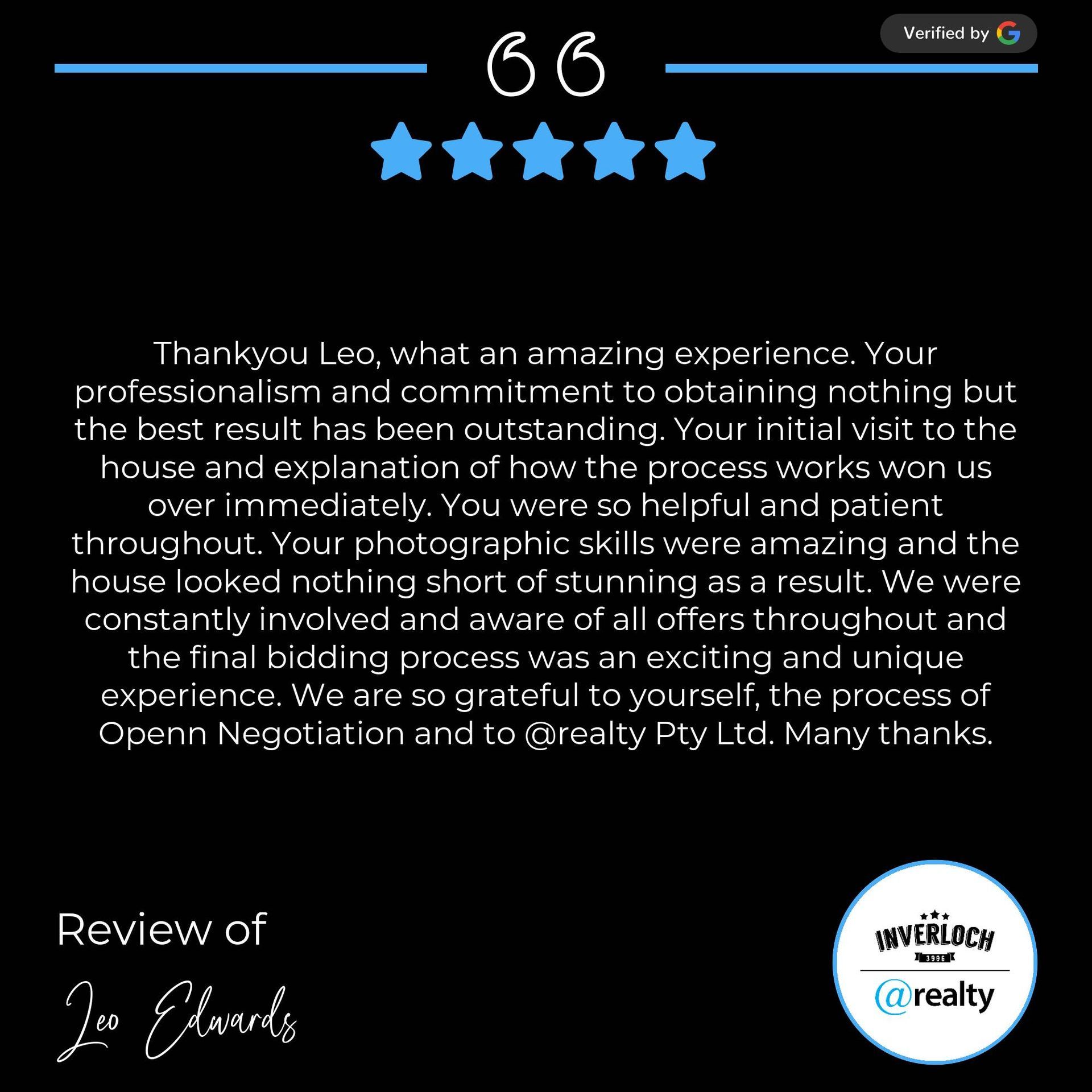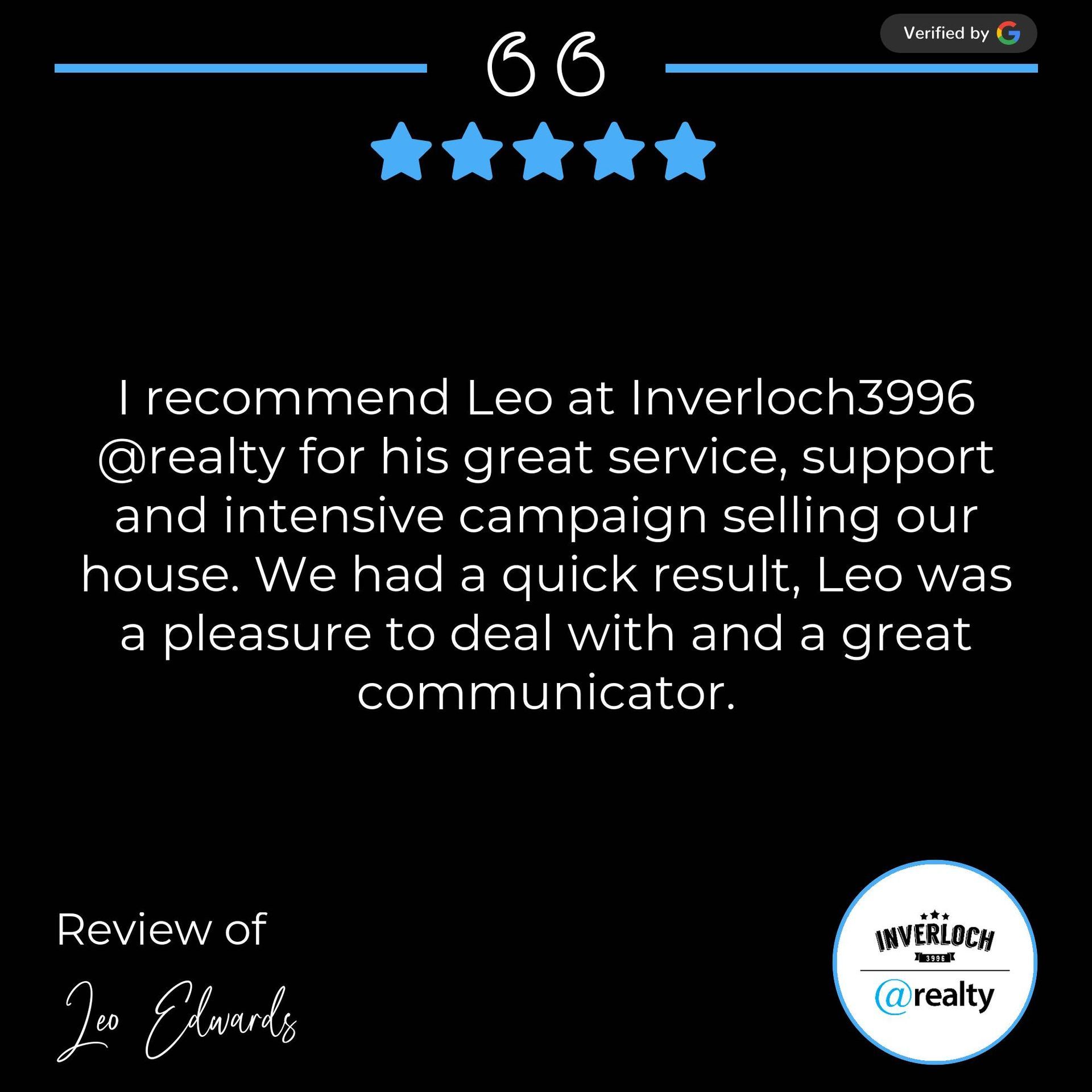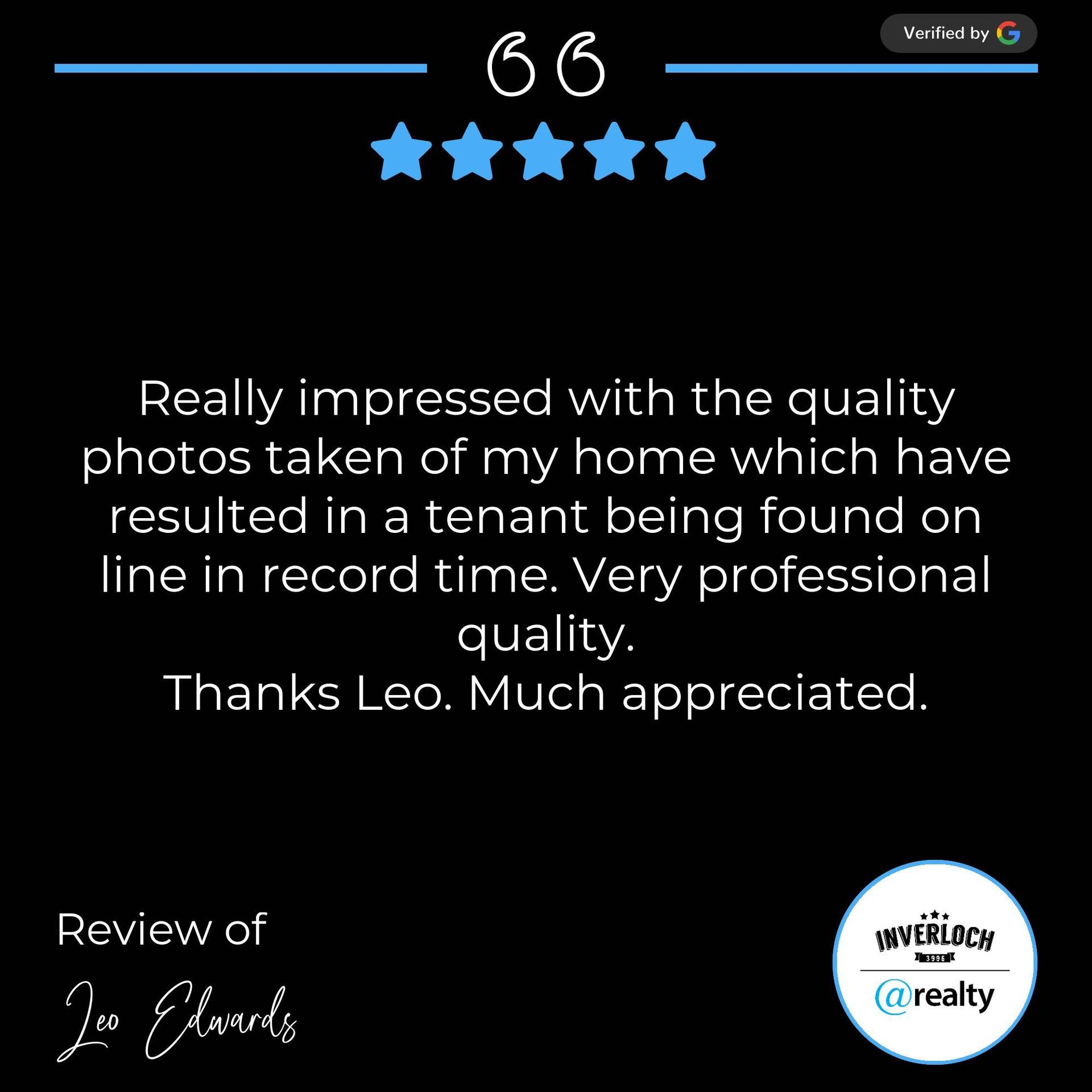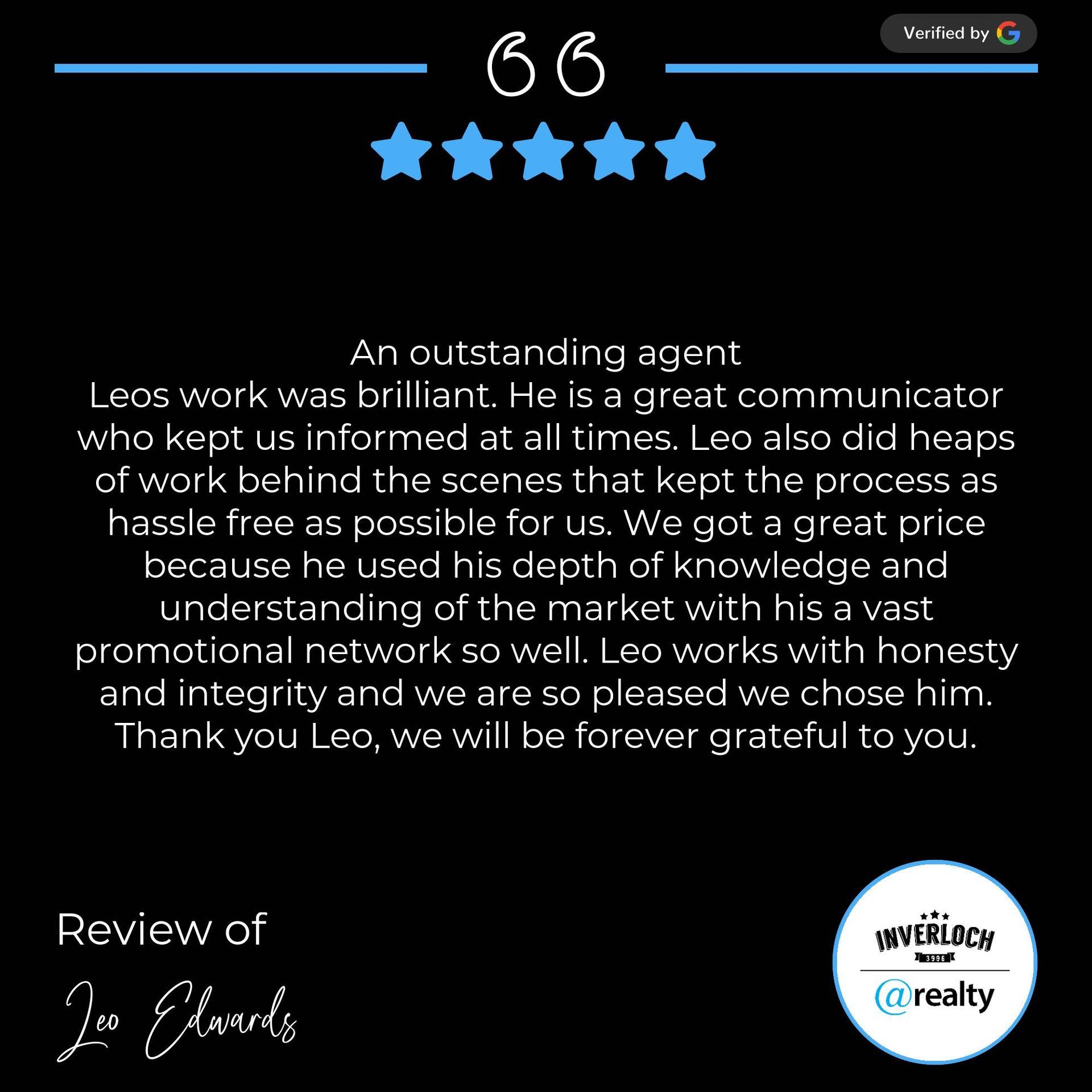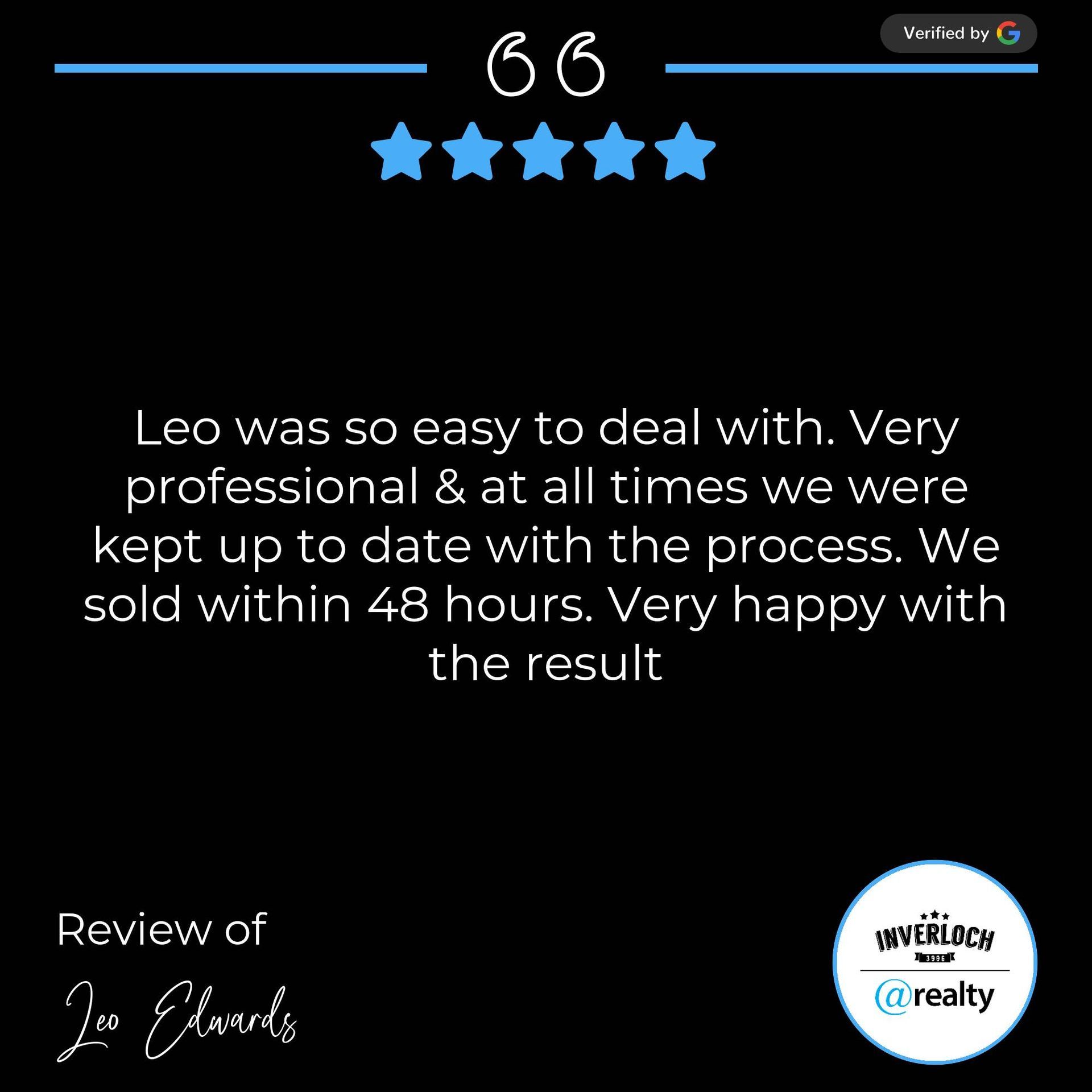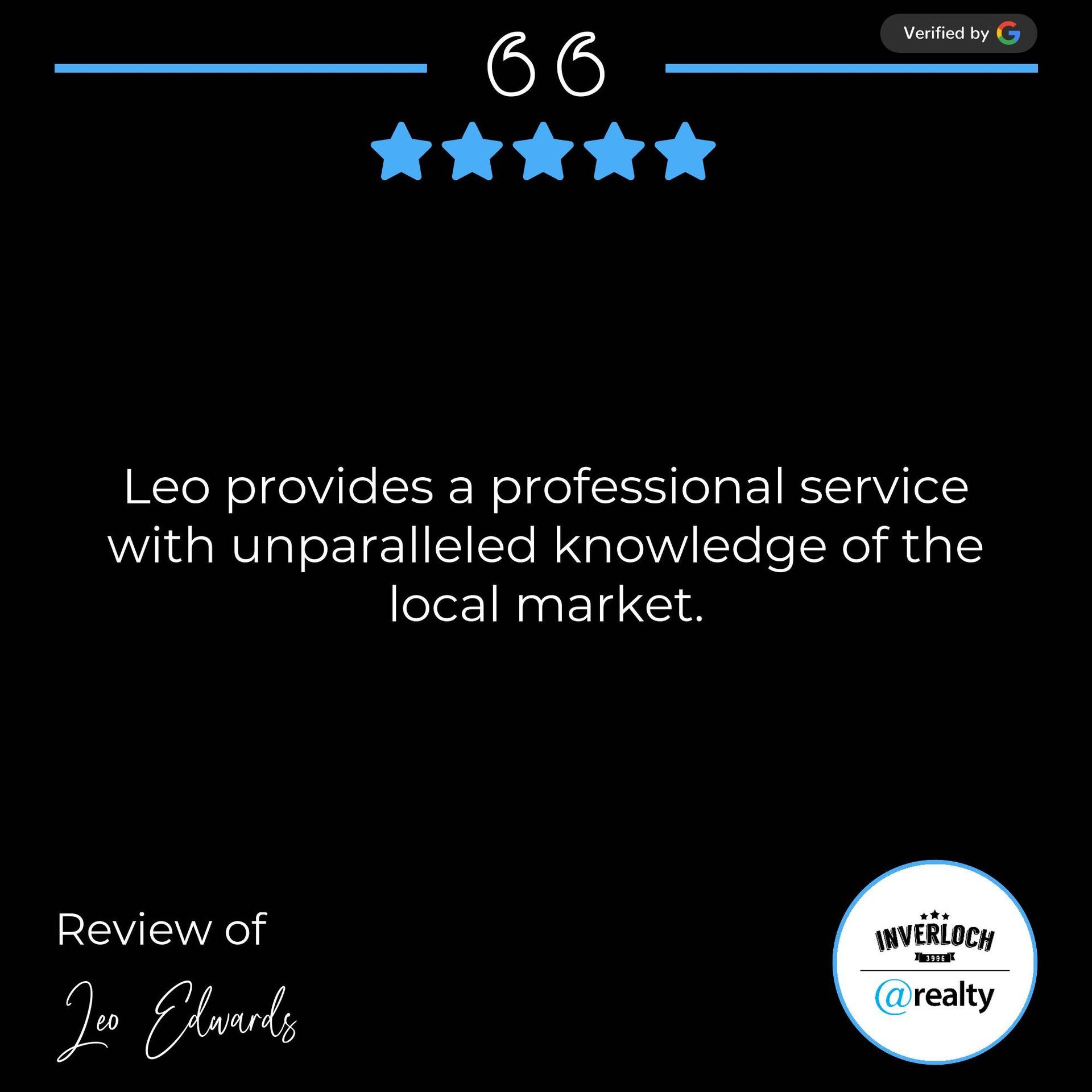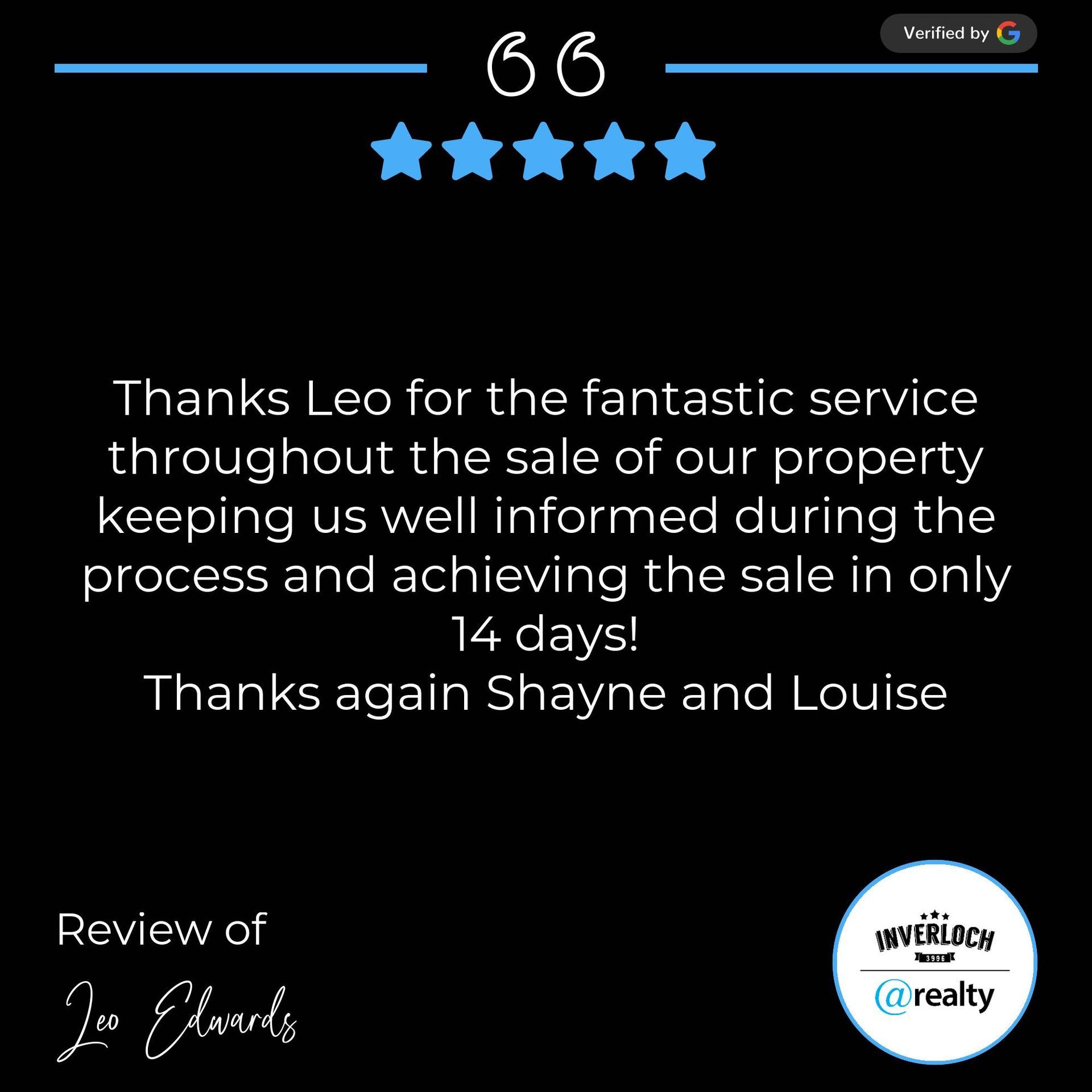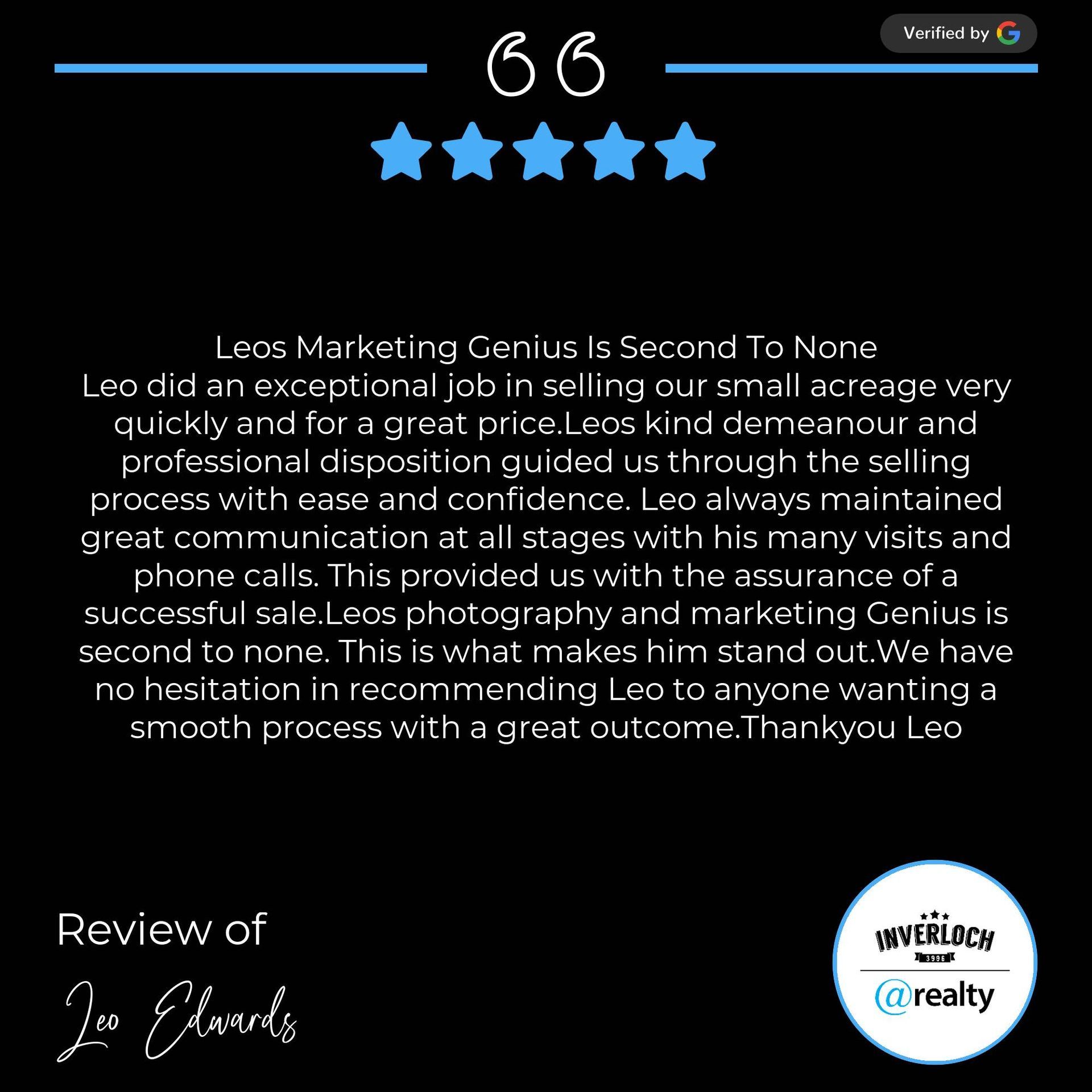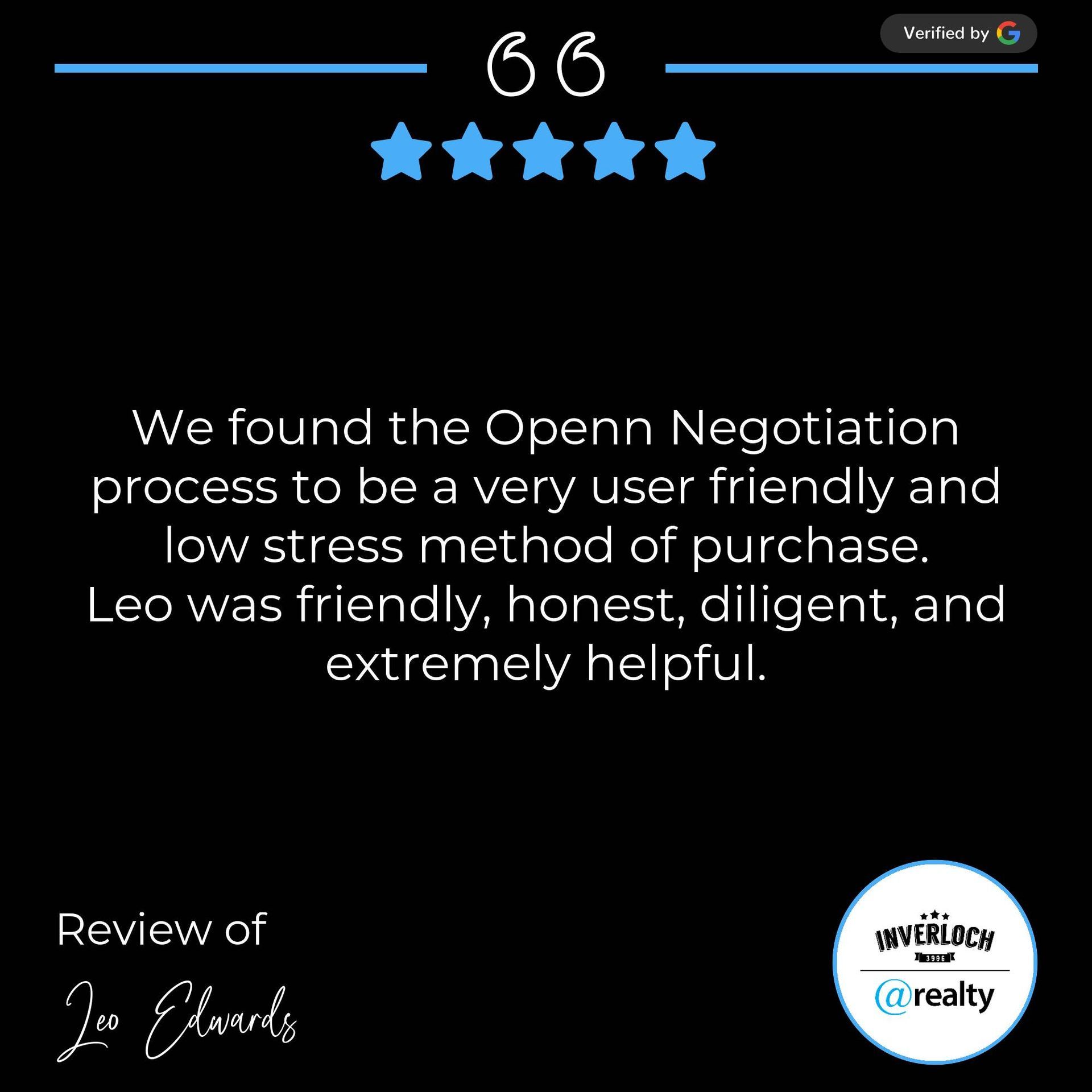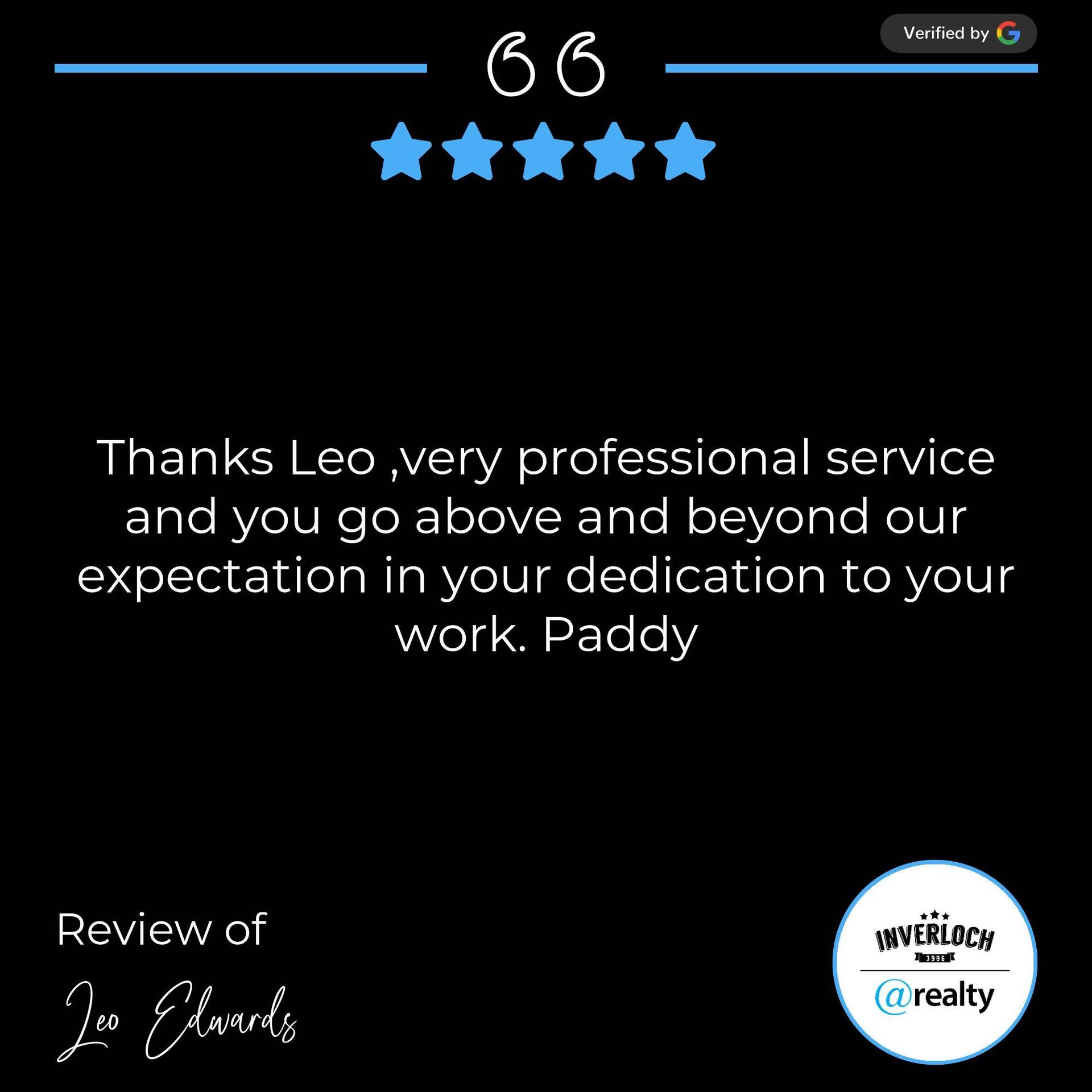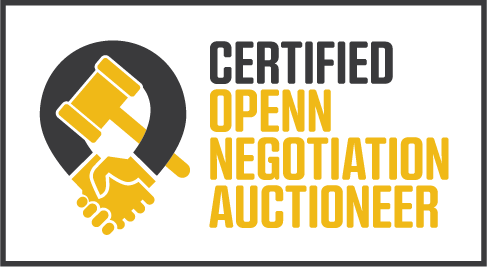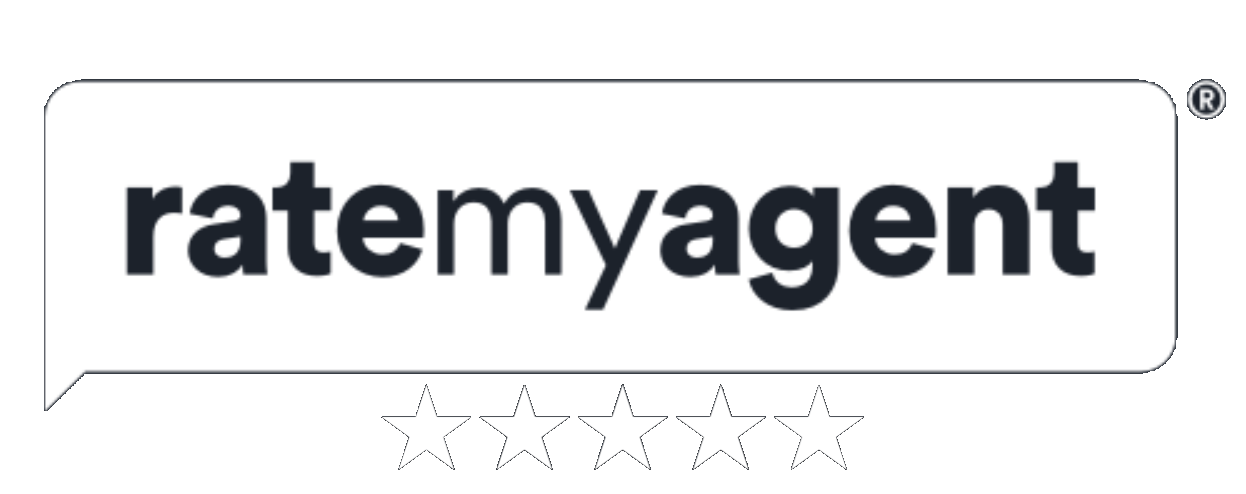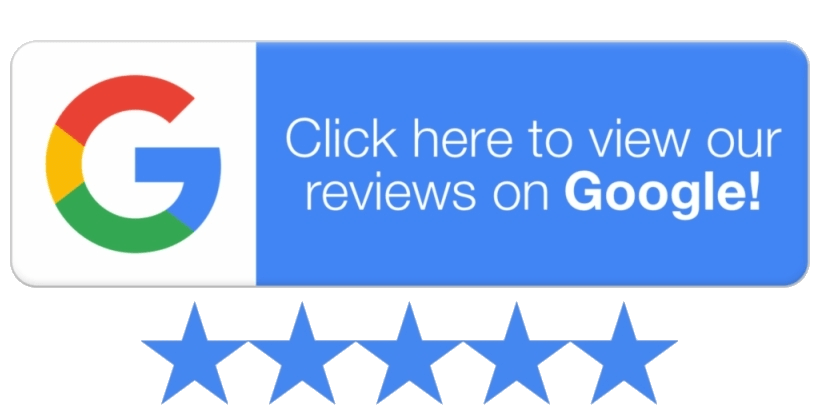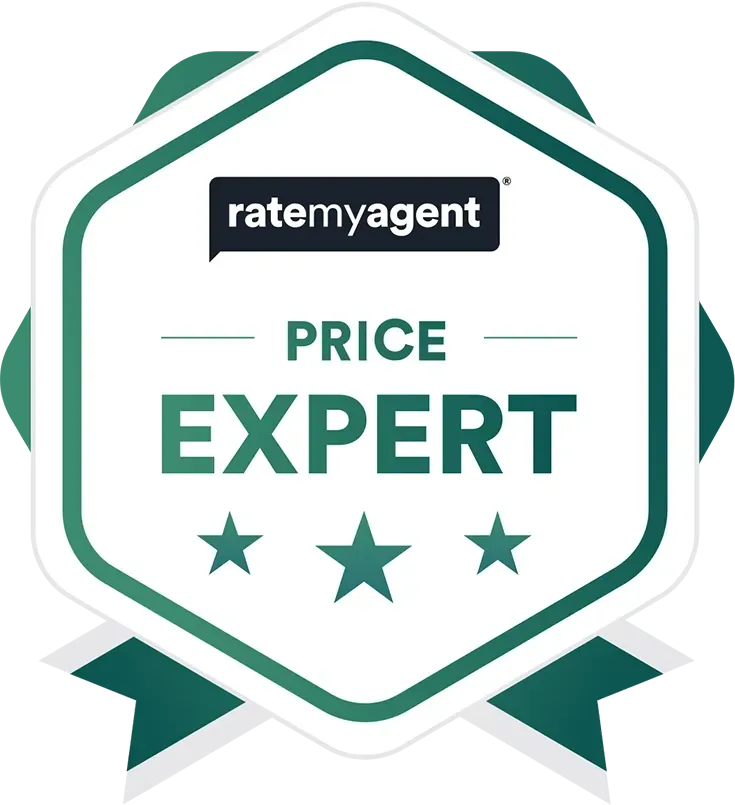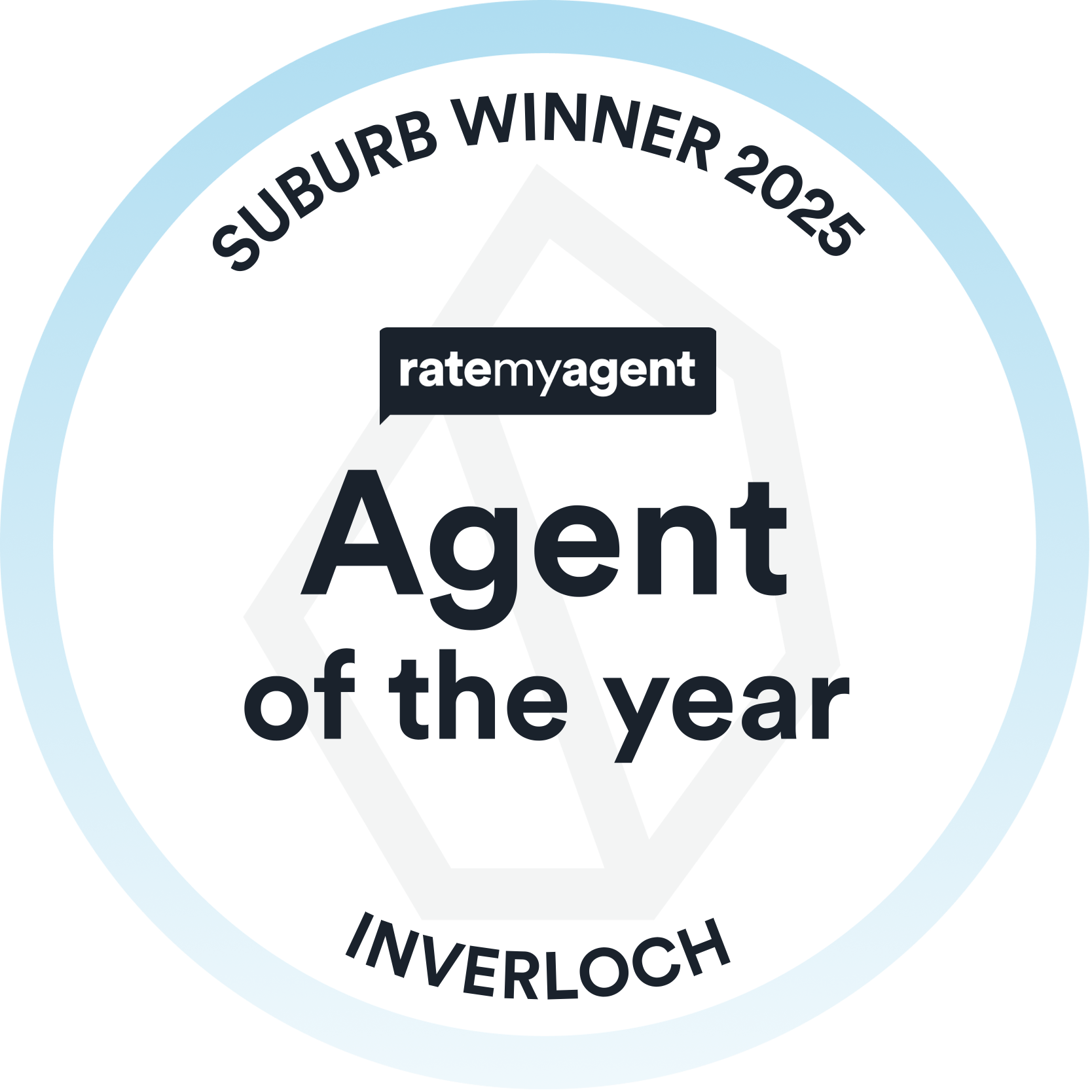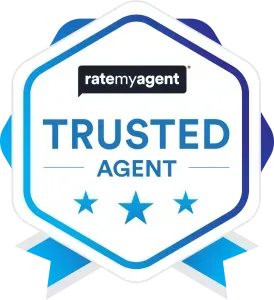Why Real Estate Comparison Sites Cost You Money and Won't Find Your Best Local Agent
If your agent couldn't reach you online and is forced to surrender 25% of their hard-earned commission to third-party lead generation sites—how do you think they'll have the resources, motivation, or expertise to hunt down the perfect buyer for your home?

When you're looking to sell your home, the promise of finding the "best" real estate agent through a convenient online comparison seems compelling. However, these platforms face a fundamental problem: how can a centralised website, funded by agent payments often exceeding tens of thousands of dollars annually, provide genuinely unbiased local advice about your specific street and property type? The answer is simple - they can't.
The Illusion of Independence
Real estate comparison sites present themselves as neutral third parties helping you make informed decisions. They showcase agent profiles, commission rates, and customer reviews, creating an appearance of comprehensive, unbiased comparison shopping.
However, the reality is far more complex and concerning for Australian homeowners.
These platforms are fundamentally lead generation businesses dressed up as consumer services. Rather than being independent reviewers, they function as sophisticated marketing funnels designed to capture your contact details and sell them to the highest bidding agents.
The agents featured prominently aren't necessarily the best performers in your area – they're often simply the ones willing to pay the most for your details.
The Expensive Reality Behind "Free" Services
The biggest misconception about these comparison sites is that they're free to use. While you don't pay upfront fees as a consumer, you're paying in ways that aren't immediately obvious but can cost you thousands of dollars.
Real estate agents pay these platforms substantial amounts - often tens of thousands of dollars annually - for access to leads and premium placement. A single lead can cost an agent anywhere from $200 to $2,000, depending on the platform and the property value.
Top-tier agents might spend $50,000 or more per year on these platforms alone.
These enormous fees agents pay to access your details inevitably get factored into their commission structures or service levels.
When an agent is paying thousands of dollars just for the opportunity to pitch to you, that cost becomes part of their business overhead - overhead that ultimately impacts the service you receive or the rates you pay.
The Competition You're Paying For
When you submit your details to a comparison site, you'll typically receive multiple calls from agents eager to secure your business. This happens because these platforms sell your information to several agents simultaneously - after all, the more agents competing for each lead, the more the platform can charge for access.
While this might seem like it gives you more options, it actually creates a problematic dynamic. The agents calling you aren't necessarily the best choice for your property - they're simply the ones willing to pay the most for your contact details. An agent who spends $30,000 annually on leads from these platforms needs to recoup that investment somehow, which can influence everything from their commission rates to how much time and resources they can dedicate to marketing your property.
The Local Knowledge Gap
Perhaps the most significant flaw in the comparison site model is the fundamental impossibility of providing meaningful advice about local real estate markets from a centralised platform. Real estate is inherently local - street by street, suburb by suburb. The factors that make one agent ideal for selling a heritage home in Paddington might make them completely wrong for a modern apartment in Parramatta.
These platforms simply cannot possess the granular, street-level knowledge required to make genuinely informed recommendations. They don't know that certain agents specialise in specific property types, have particular strengths in certain suburbs, or have built relationships with buyers in specific demographics. They can't tell you that Agent A consistently achieves better results on your particular street, or that Agent B has a waiting list of buyers specifically looking for properties like yours.
Instead, their recommendations are driven by financial arrangements and algorithmic metrics that have little to do with local expertise. The agent ranked #1 for your suburb might have paid for premium placement, responded to leads quickly, or achieved high conversion rates - but none of these factors indicate whether they actually understand your local market or have a track record of success in your specific area.
This knowledge gap means the advice you receive is fundamentally compromised. How can a platform recommend the "best" agent for your Bondi beachside apartment when their ranking system doesn't account for an agent's experience with strata sales, relationships with local buyers, or understanding of beach suburb market dynamics?
The Algorithm Behind the Curtain
The way agents are presented and ranked on these platforms is rarely based on genuine performance metrics that matter to consumers. Instead, the algorithm typically prioritises:
Payment tier: Agents who pay more get better placement and more leads
Response speed: Agents who call leads fastest get rewarded with more leads
Conversion rates: Agents who successfully sign up the highest percentage of leads get preferential treatment
Notably absent from most ranking algorithms are factors that actually indicate quality service, such as:
- Final sale prices compared to initial asking prices
- Client satisfaction scores beyond cherry-picked testimonials
- Professional qualifications and ongoing education
- Community knowledge and specialisation
The Marketing Masquerade
These platforms invest heavily in search engine optimisation and online advertising to position themselves as authoritative sources of real estate advice. They publish articles about market trends, selling tips, and agent selection guides – content designed to build trust and capture organic traffic from people researching real estate decisions.
However, this content serves a dual purpose: establishing authority while funneling readers toward their lead capture forms. The educational articles are often generic, covering topics that any real estate website might address, but they're strategically designed to make you feel like the platform has your best interests at heart before asking for your contact details.
The International Model
This business model isn't unique to Australia – it's been exported from international markets where similar platforms have faced regulatory scrutiny and consumer backlash. In some jurisdictions, these platforms have been required to disclose their payment relationships more clearly or face restrictions on how they present agent rankings.
Australian consumers are experiencing the same issues that prompted regulatory attention elsewhere: misleading presentation of independence, lack of transparency about payment relationships, and aggressive marketing practices that prioritise platform revenue over consumer outcomes.
What This Means for Australian Sellers
The core issue isn't that these platforms are inherently deceptive, but that they're fundamentally limited by their business model and scope. When agents are paying $20,000-$50,000 annually for leads and placement, the platform's recommendations become influenced by these financial relationships rather than local market expertise.
More importantly, no centralised platform can possess the detailed, street-level knowledge necessary to make meaningful agent recommendations. Real estate success depends on understanding micro-markets, local buyer preferences, seasonal patterns specific to certain suburbs, and relationships with local buyers that simply cannot be captured in a database or algorithm.
Making Better Decisions
Instead of relying on financially-driven comparison sites, consider these more reliable alternatives:
Check Google Reviews and independent platforms: Google Reviews and independent platforms like RateMyAgent provide genuine, unfiltered feedback from actual clients. Unlike comparison sites where reviews can be curated or influenced by payment relationships, these platforms show real experiences from people who have worked with agents. Look for consistent patterns in reviews, particularly comments about local knowledge, communication, and results achieved.
Leverage local word of mouth: Ask friends, family, neighbours, and colleagues for personal recommendations from people who've recently sold in your area. Local word of mouth remains one of the most reliable sources of agent quality because these recommendations come from people who've experienced the full sales process and have no financial incentive to mislead you.
Research agents directly through their individual websites and social media presence. Look for evidence of recent sales in your specific area, professional development, and marketing strategies rather than generic profile information.
Interview multiple agents yourself, focusing on their knowledge of your specific suburb and street, their understanding of your property type, and their track record with similar properties rather than just their commission rates.
Check their actual sales history through publicly available data and professional associations rather than relying on platform-curated profiles that may emphasize agents based on their payment tier rather than performance.
The Bottom Line
Real estate agent comparison sites in Australia operate on a business model built around substantial payments from agents - often tens of thousands of dollars annually per agent - rather than genuine local expertise or independent analysis. When agents are paying $20,000, $30,000, or even $50,000 per year for leads and premium placement, the platform's priorities become clear: maximising revenue from agents, not providing unbiased advice to consumers.
These platforms cannot replace the local knowledge, market relationships, and area-specific expertise that define successful real estate representation. Their algorithmic rankings are influenced by payment tiers and lead conversion metrics rather than the factors that actually determine whether an agent can achieve the best result for your specific property in your specific location.
The next time you see a comparison site claiming to help you find the "best" agent, ask yourself: how can a centralised platform, funded by agent payments of tens of thousands of dollars, possibly provide unbiased local advice about your street, your property type, and your specific market conditions?
Your best approach is to research agents directly based on their actual track record in your immediate area, their understanding of your property type, and their genuine local market knowledge - factors that no algorithm influenced by agent payments can accurately assess.
The Problematic Aspects Of Third Party Commisions
A 20-25% commission split to third-party lead generators raises some serious red flags about the agent's capabilities and priorities:
They can't generate their own business - This suggests they lack the fundamental marketing skills, local reputation, and professional network that effective agents build over time. If they can't market themselves successfully, how can you trust them to market your home?
Your property becomes a commodity - Agents dependent on lead-buying services often treat listings as interchangeable inventory to feed their pipeline, rather than unique properties requiring tailored marketing strategies. You want an agent who sees your home as special, not just another commission check.
Reduced investment in YOUR marketing - That 25% directly reduces what they can spend on professional photography, staging, social media marketing, targeted advertising, and other marketing tools that actually sell your home. You're essentially subsidising their lead generation instead of benefiting from it.
Volume over quality approach - Lead-dependent agents often focus on churning through as many transactions as possible rather than maximising results for each client. They may push for quick sales at lower prices rather than strategic marketing for top dollar.
Desperation indicator - Paying such high fees suggests they're struggling to maintain their business through referrals and repeat clients - usually a sign that past clients weren't impressed enough to recommend them.
Misaligned incentives - Their primary focus becomes feeding the lead generation machine rather than developing expertise, market knowledge, and the relationships that drive successful sales.
You deserve an agent who invests in their own reputation and skills, not one who's essentially buying clients and not earning them.
GET INSTANT PROPERTY VALUE
Got Questions? We've Got Answers!



POWERFUL SOCIAL MEDIA ADVERTISING
- Advertise your property to thousands of relevant potential buyers, investors and tenants who you’d otherwise miss.
- Create the best possible conditions for a great price and short sales process.
- Advanced, smart property targeting shows your ads to people identified as:


